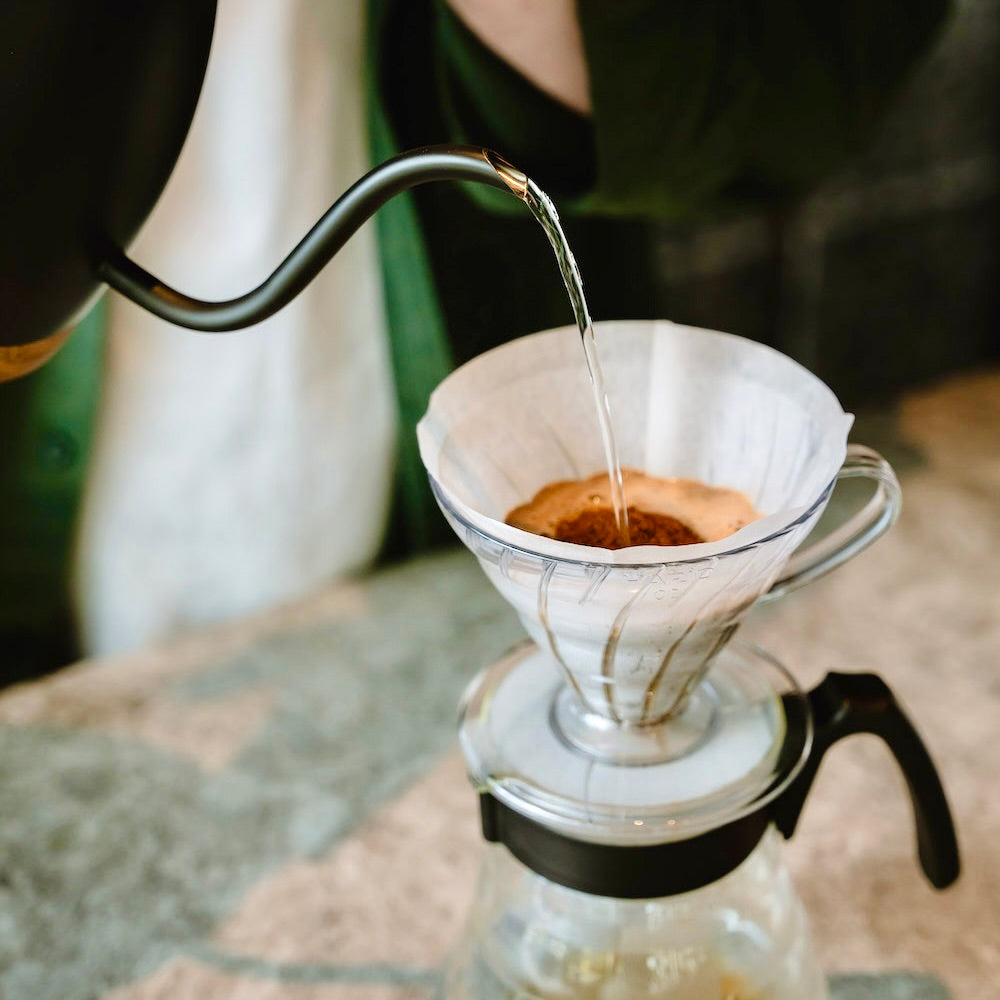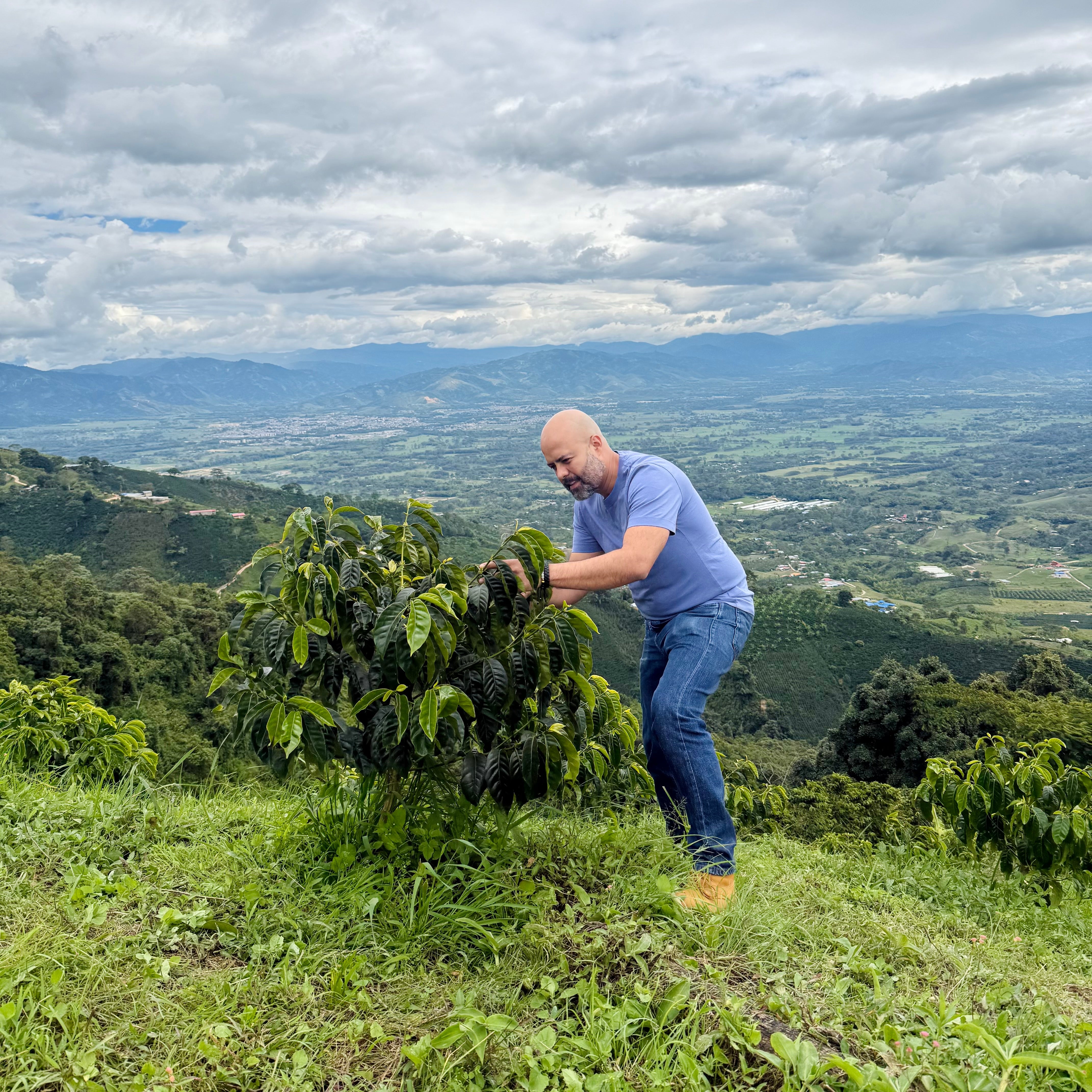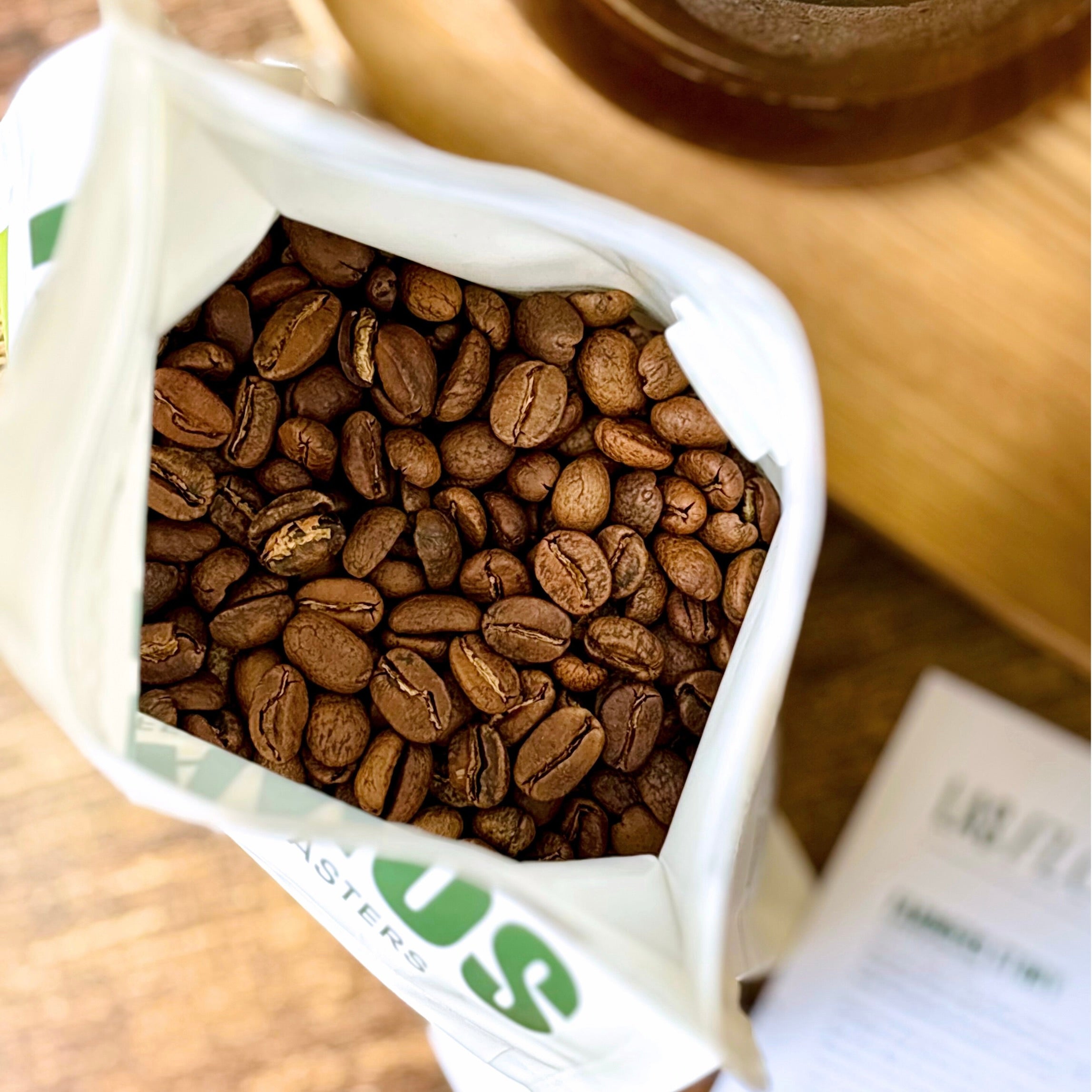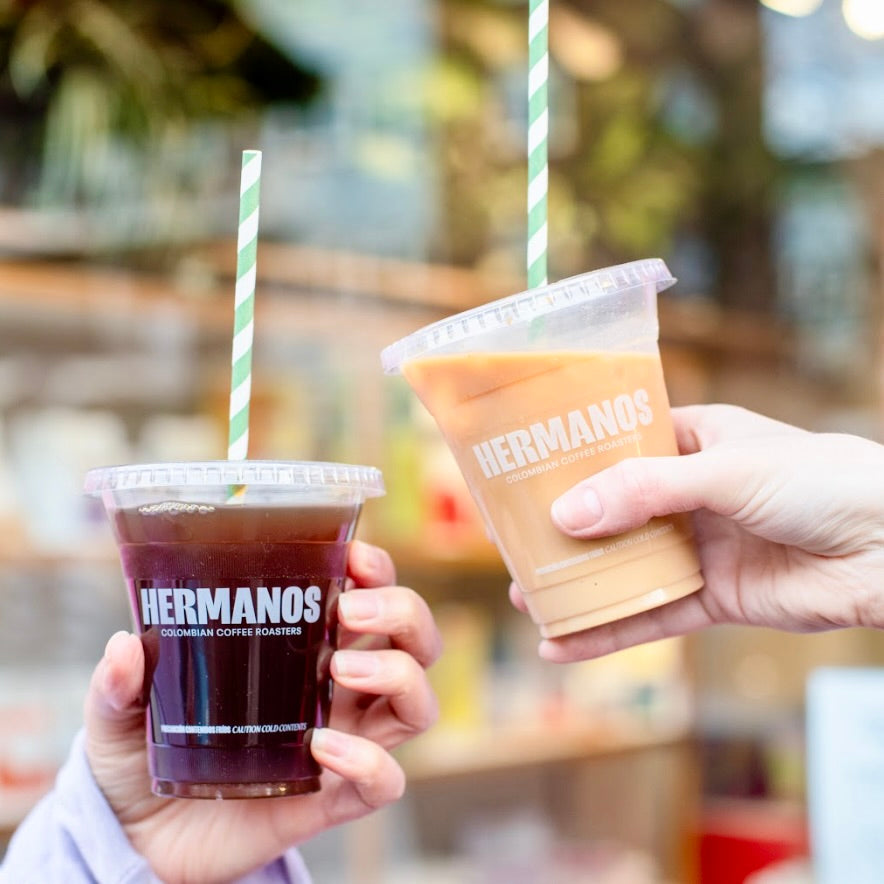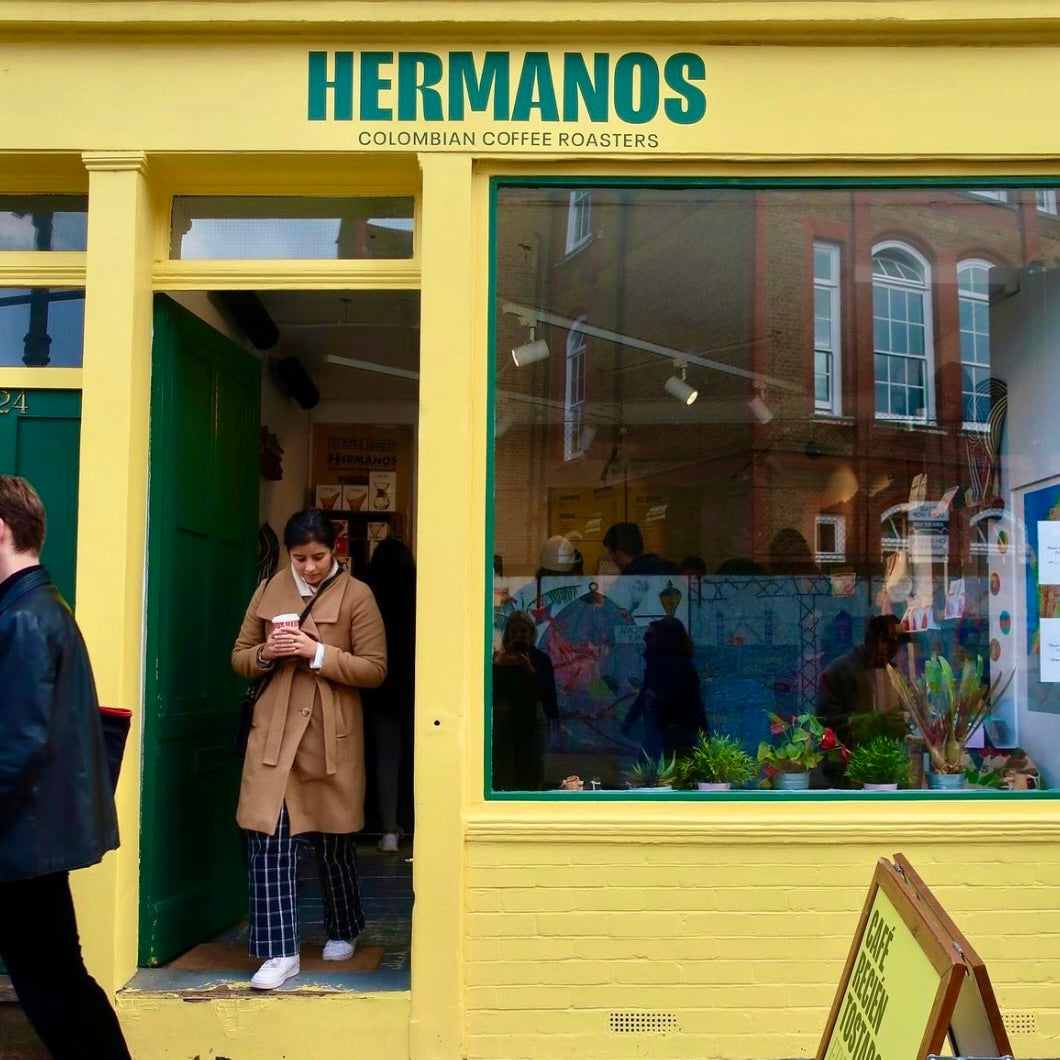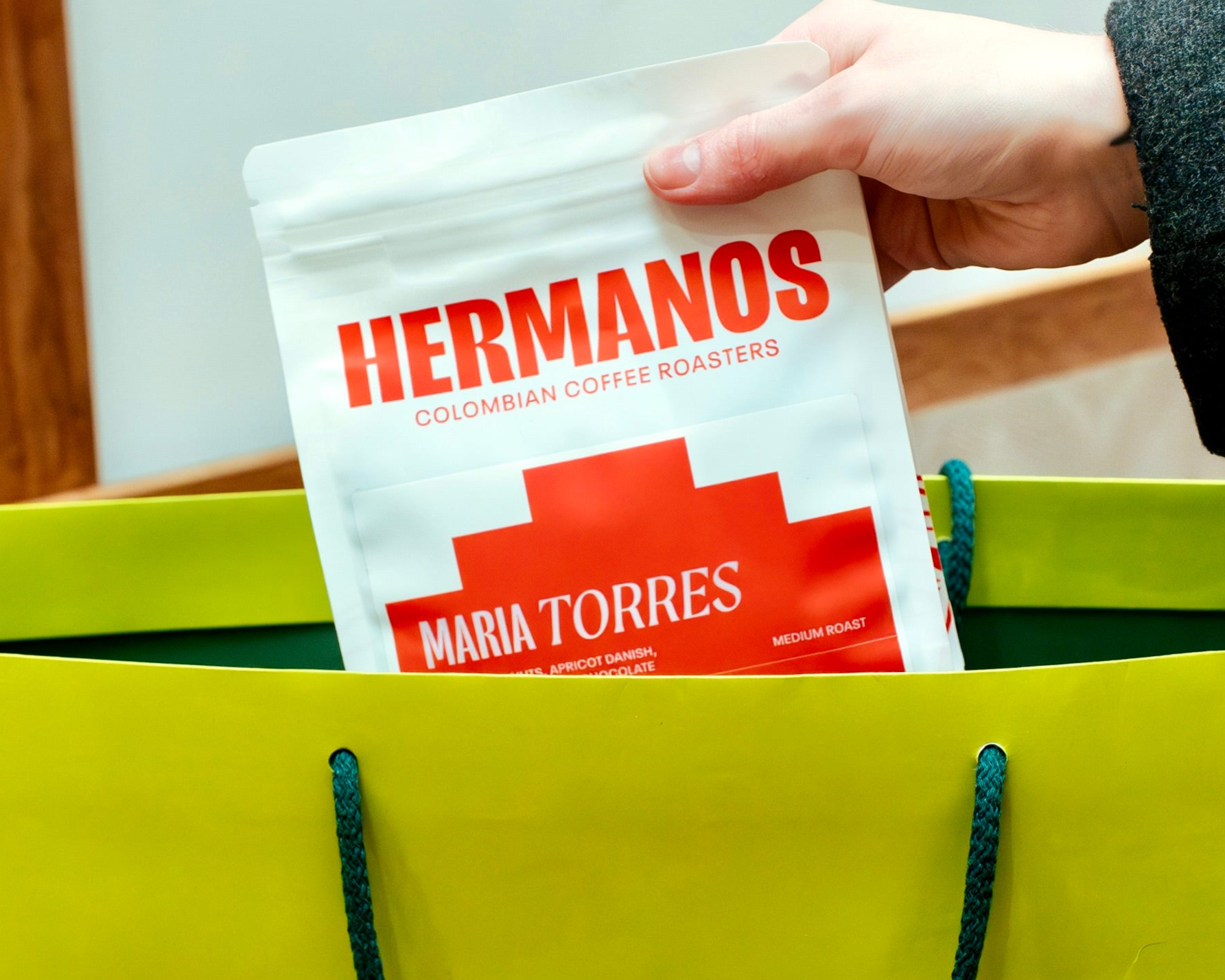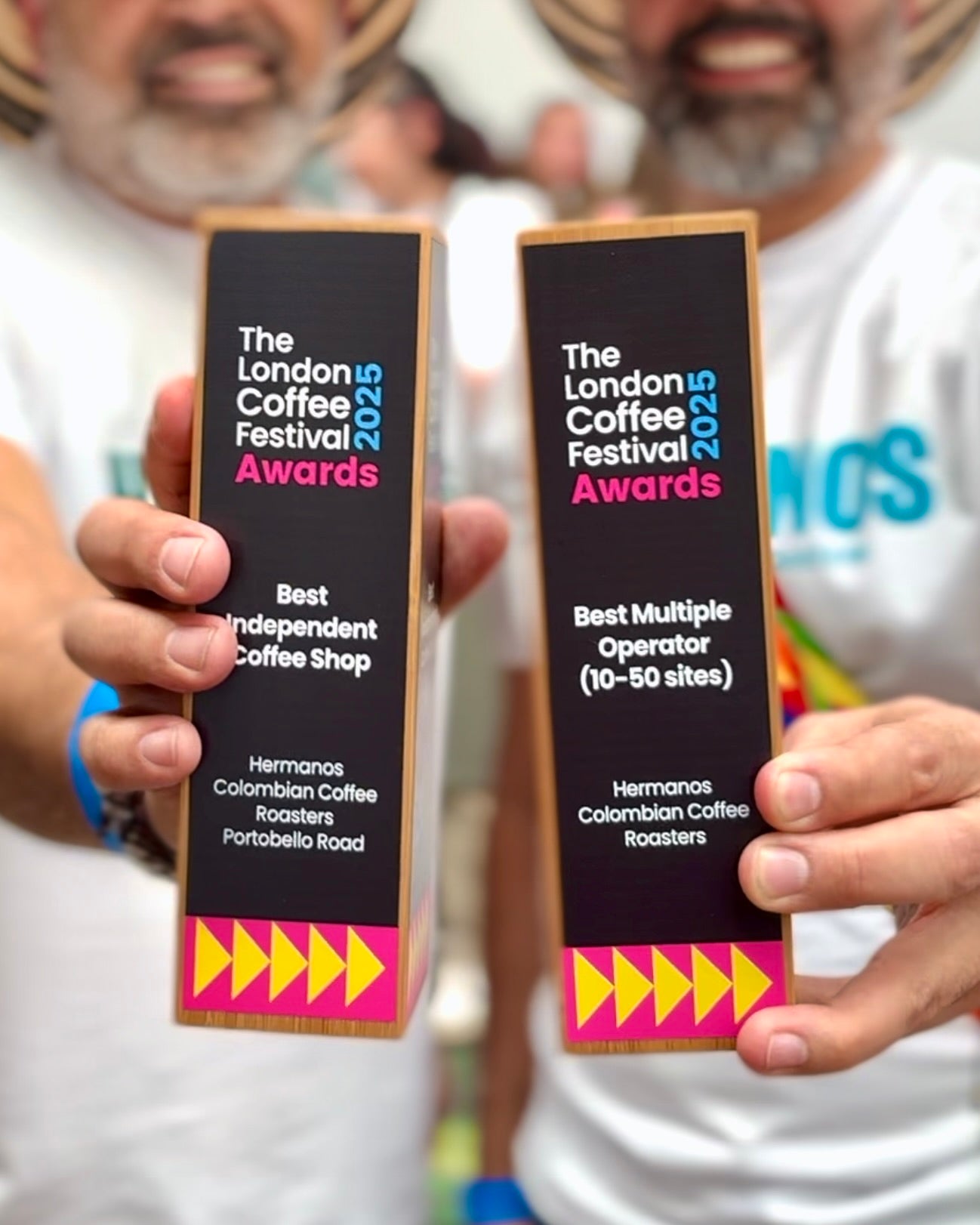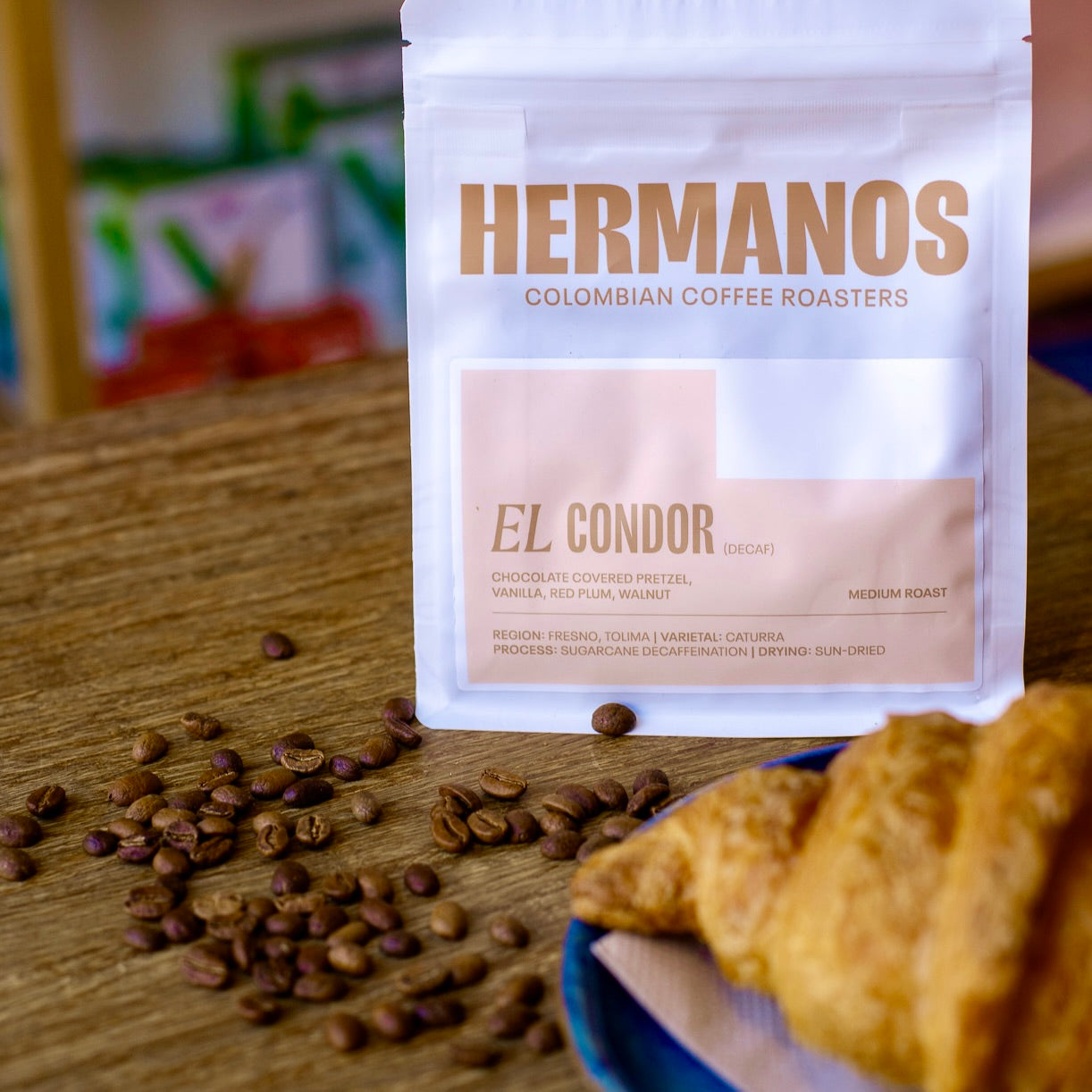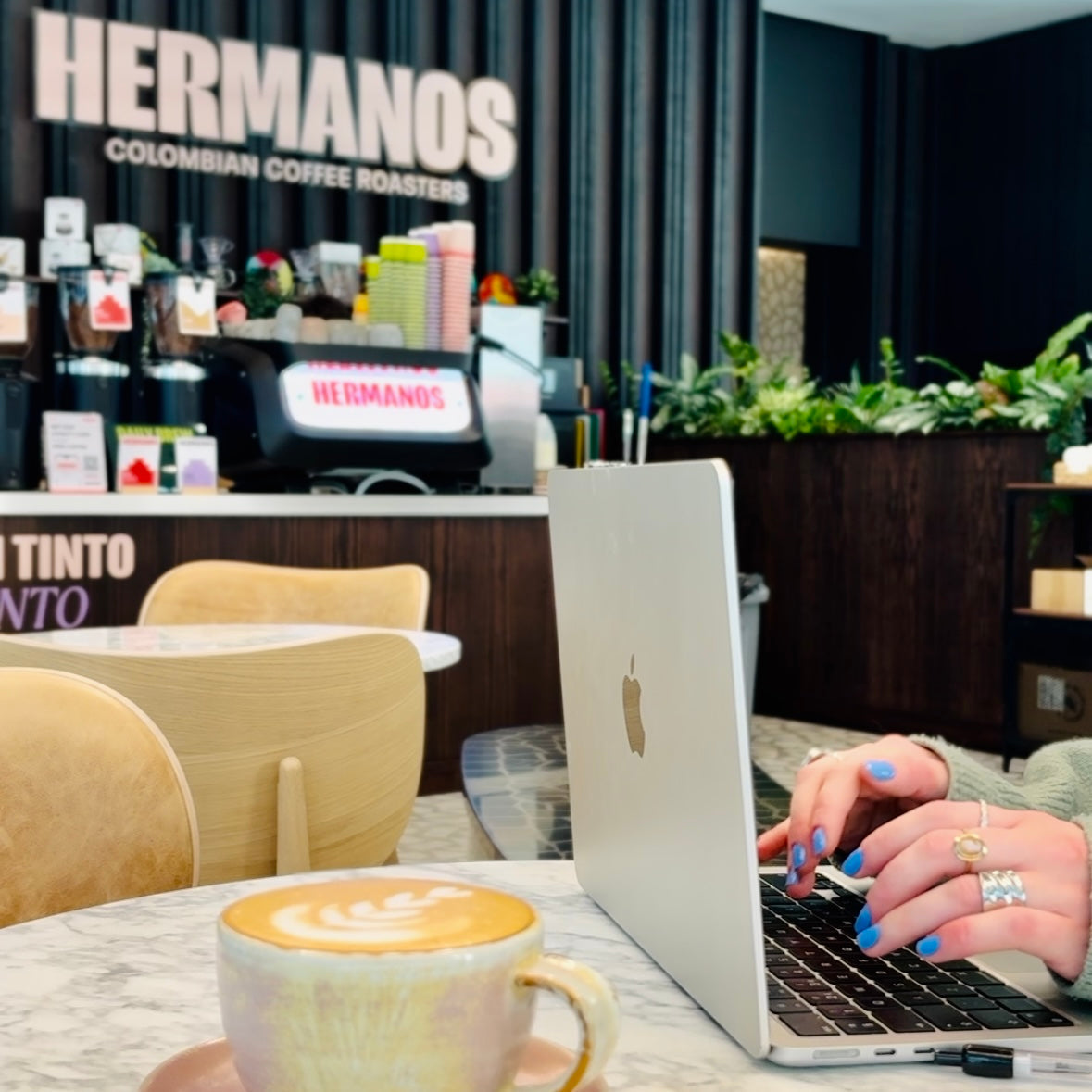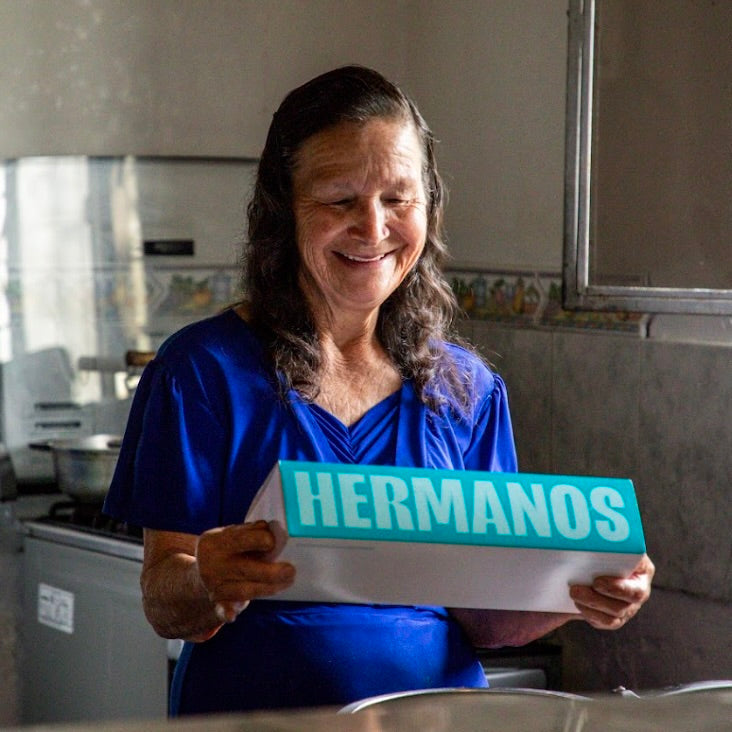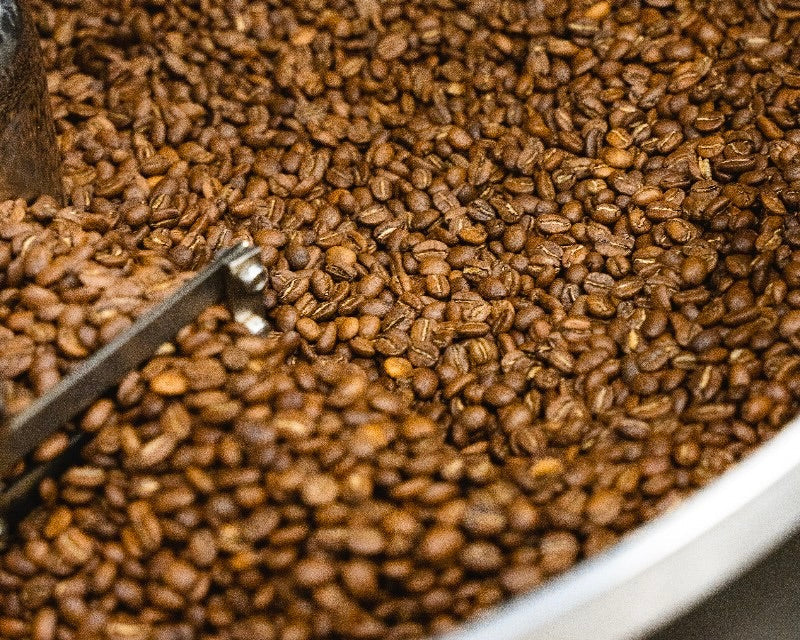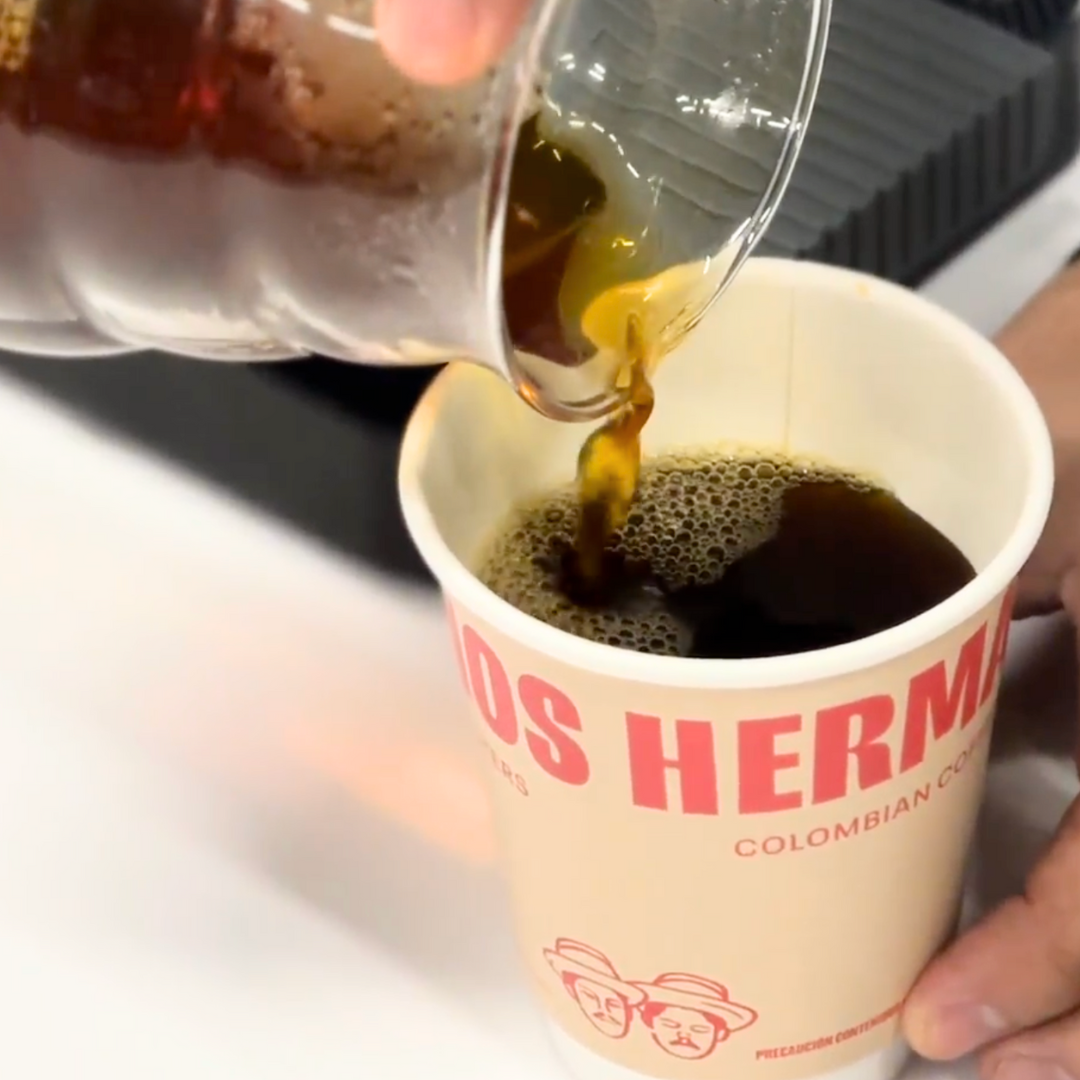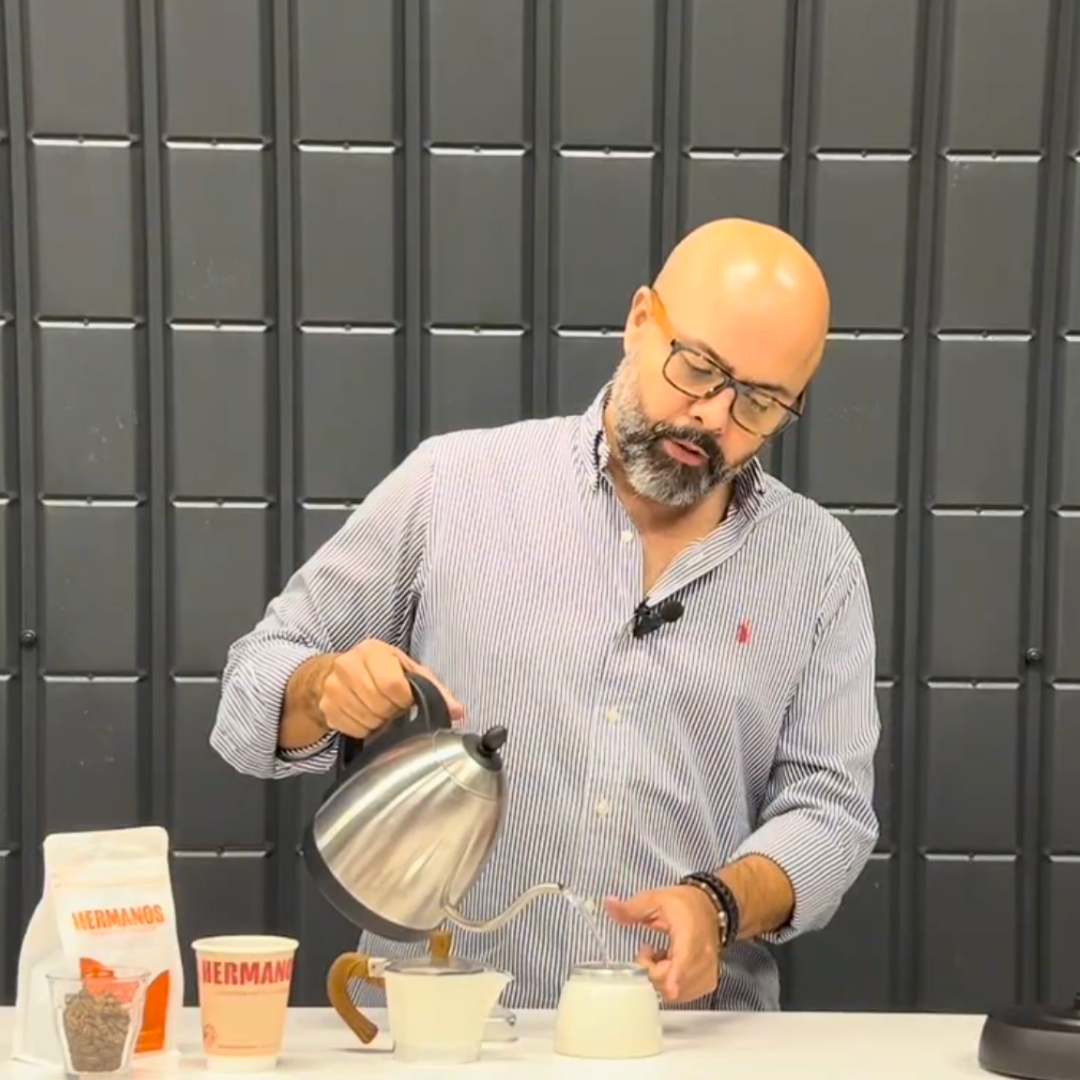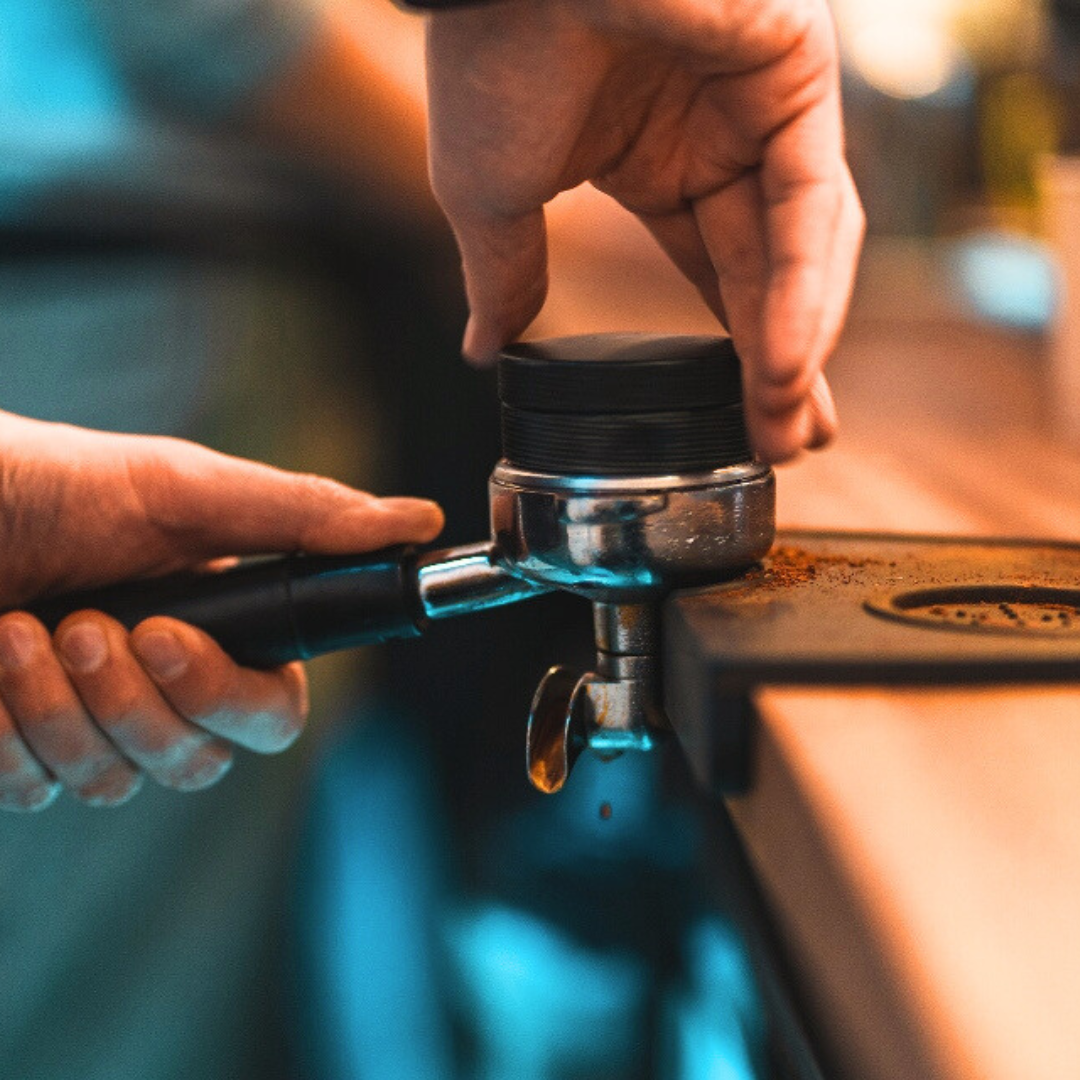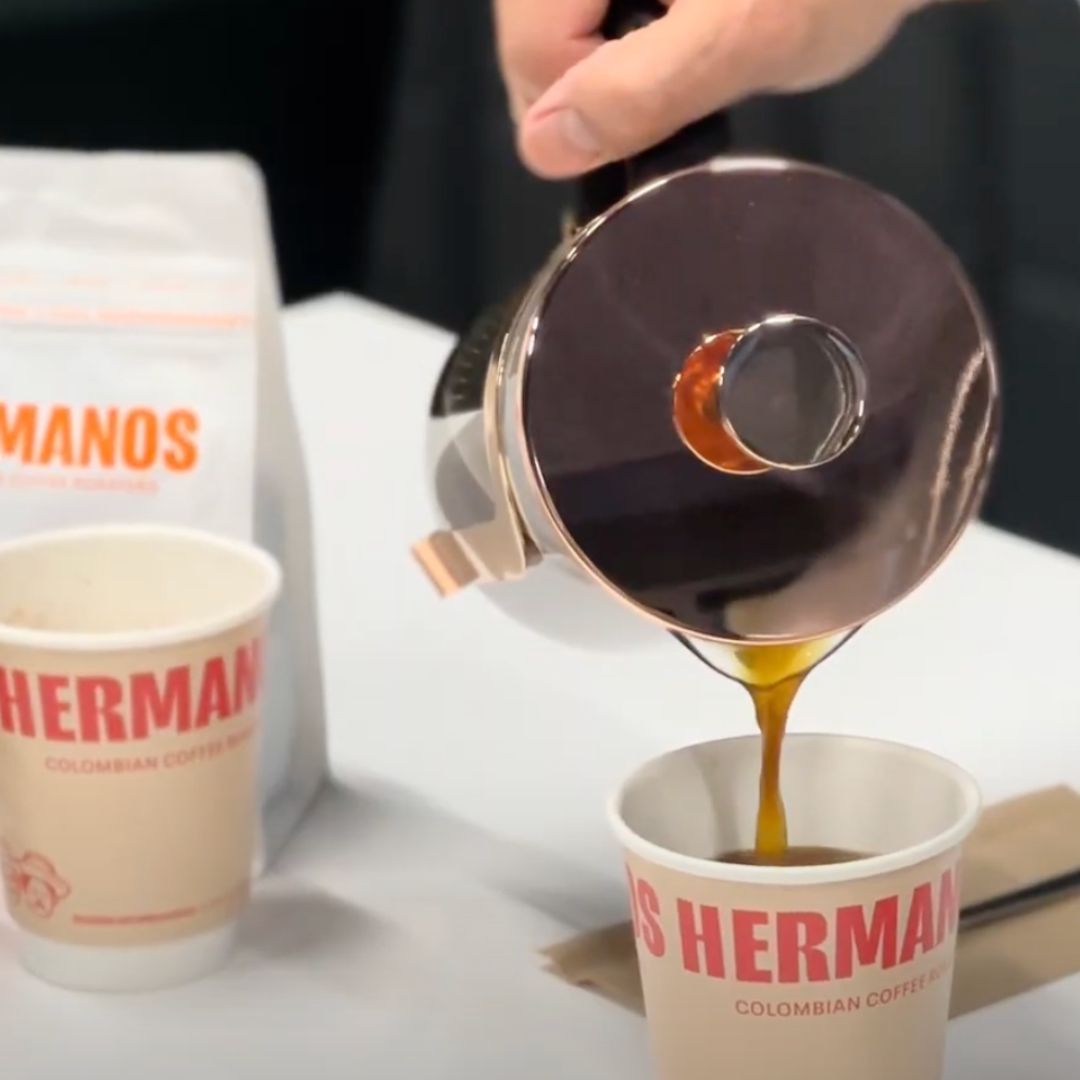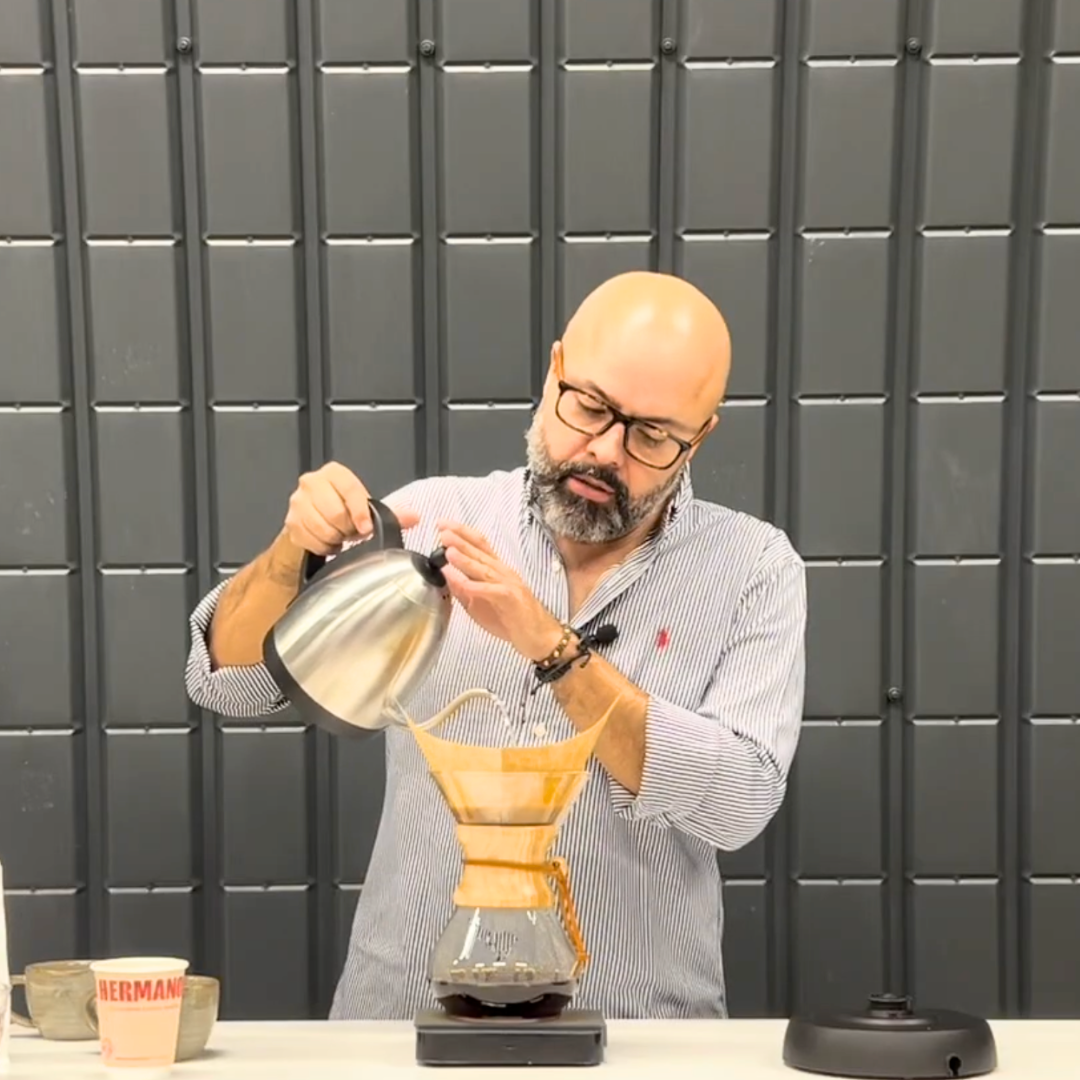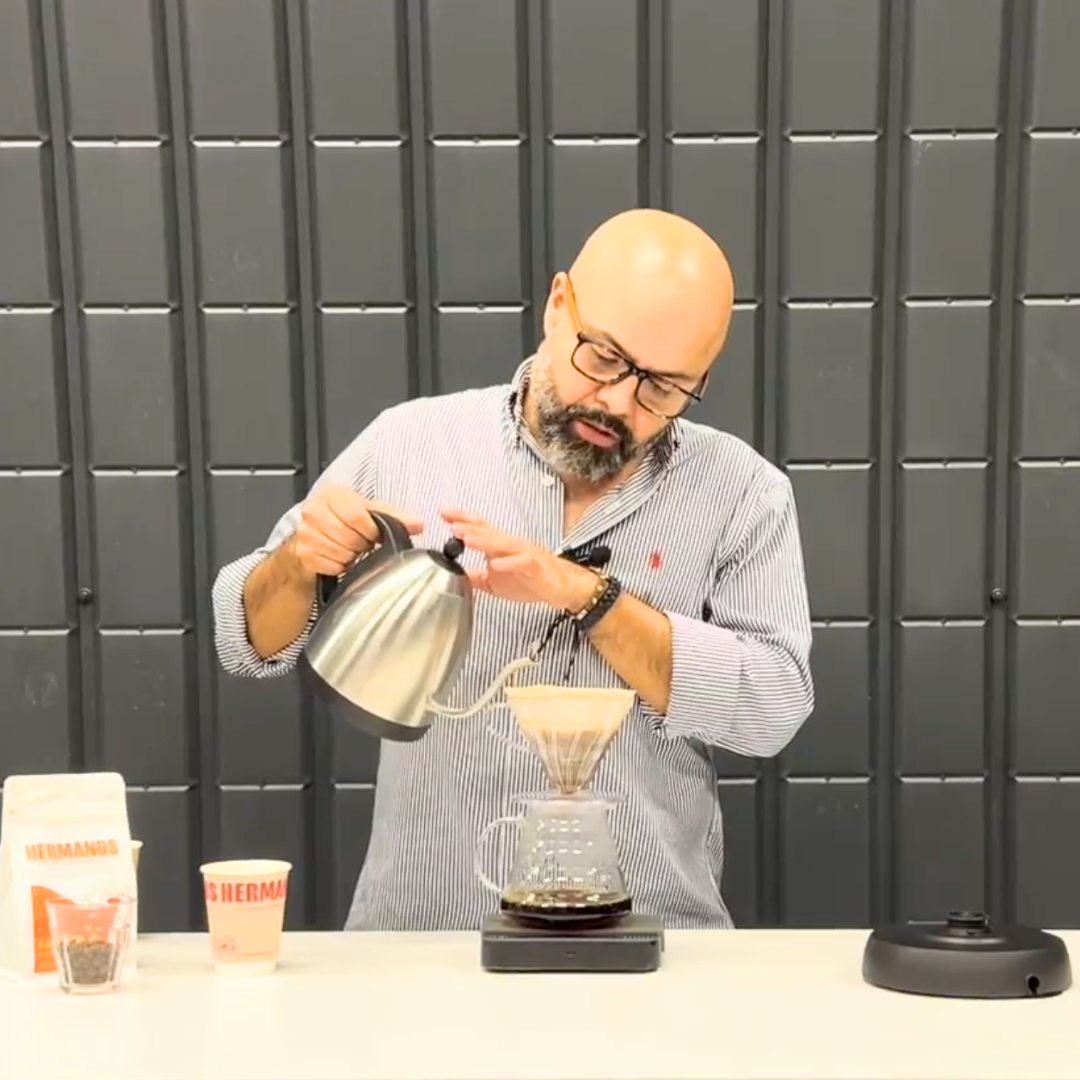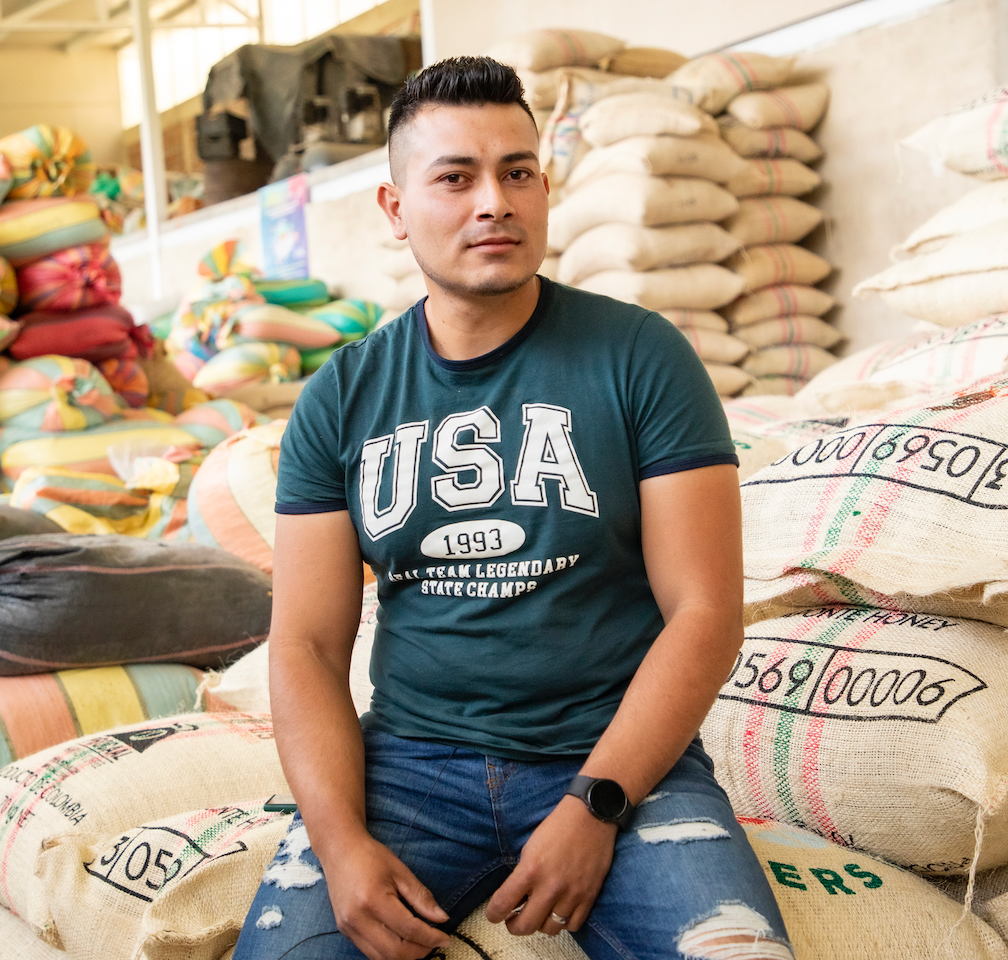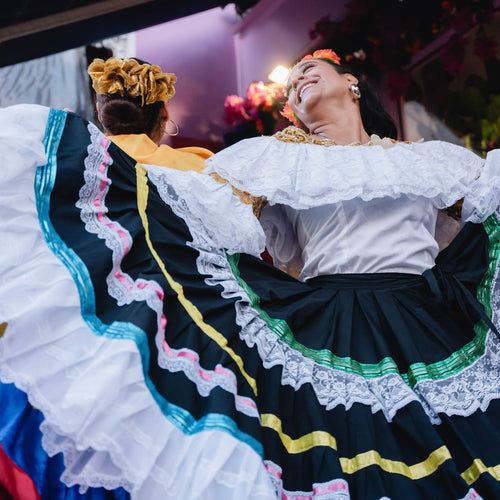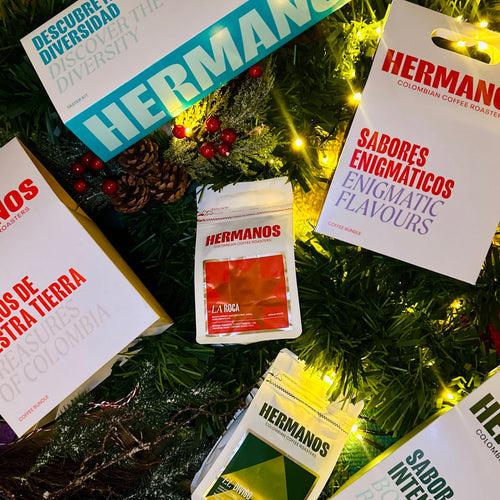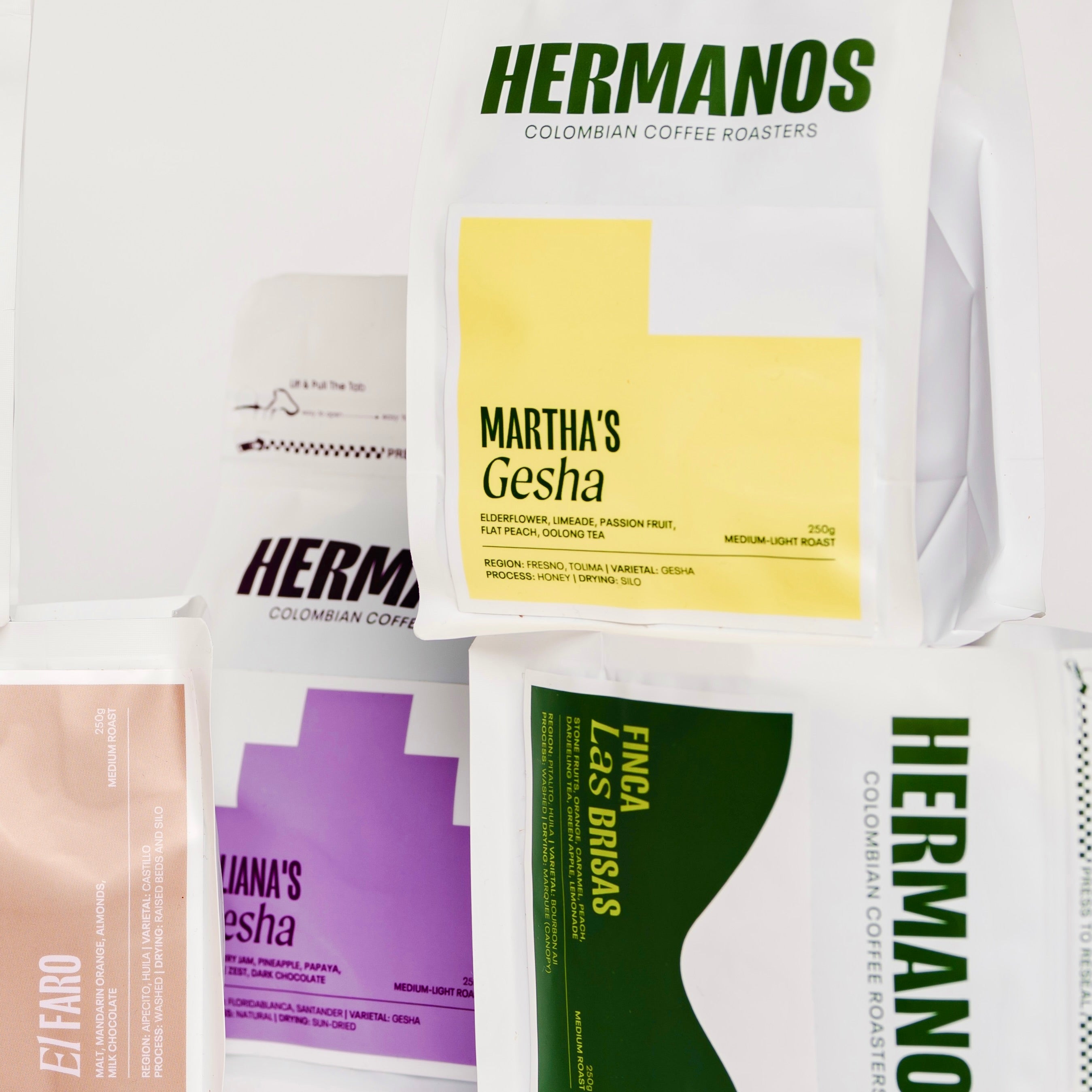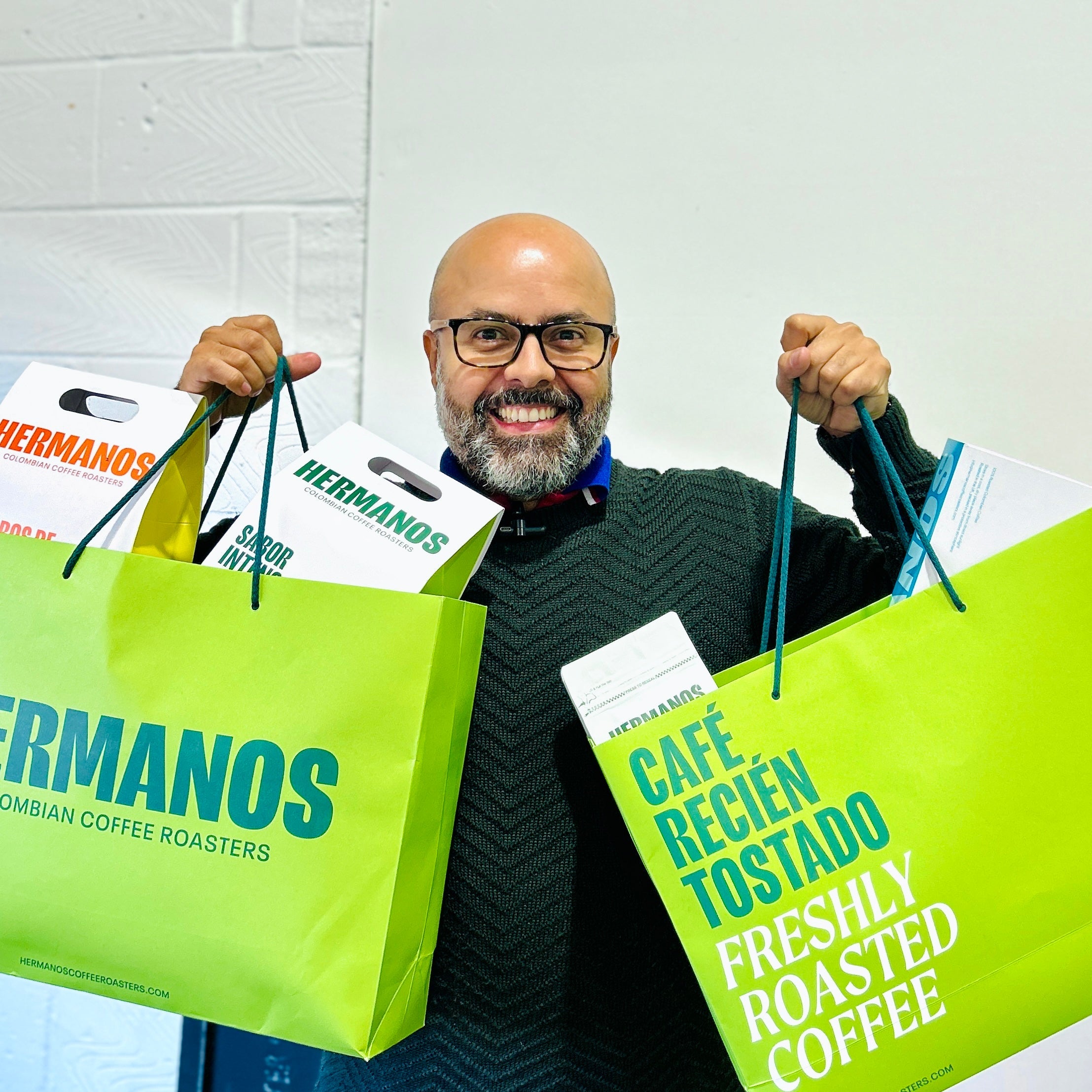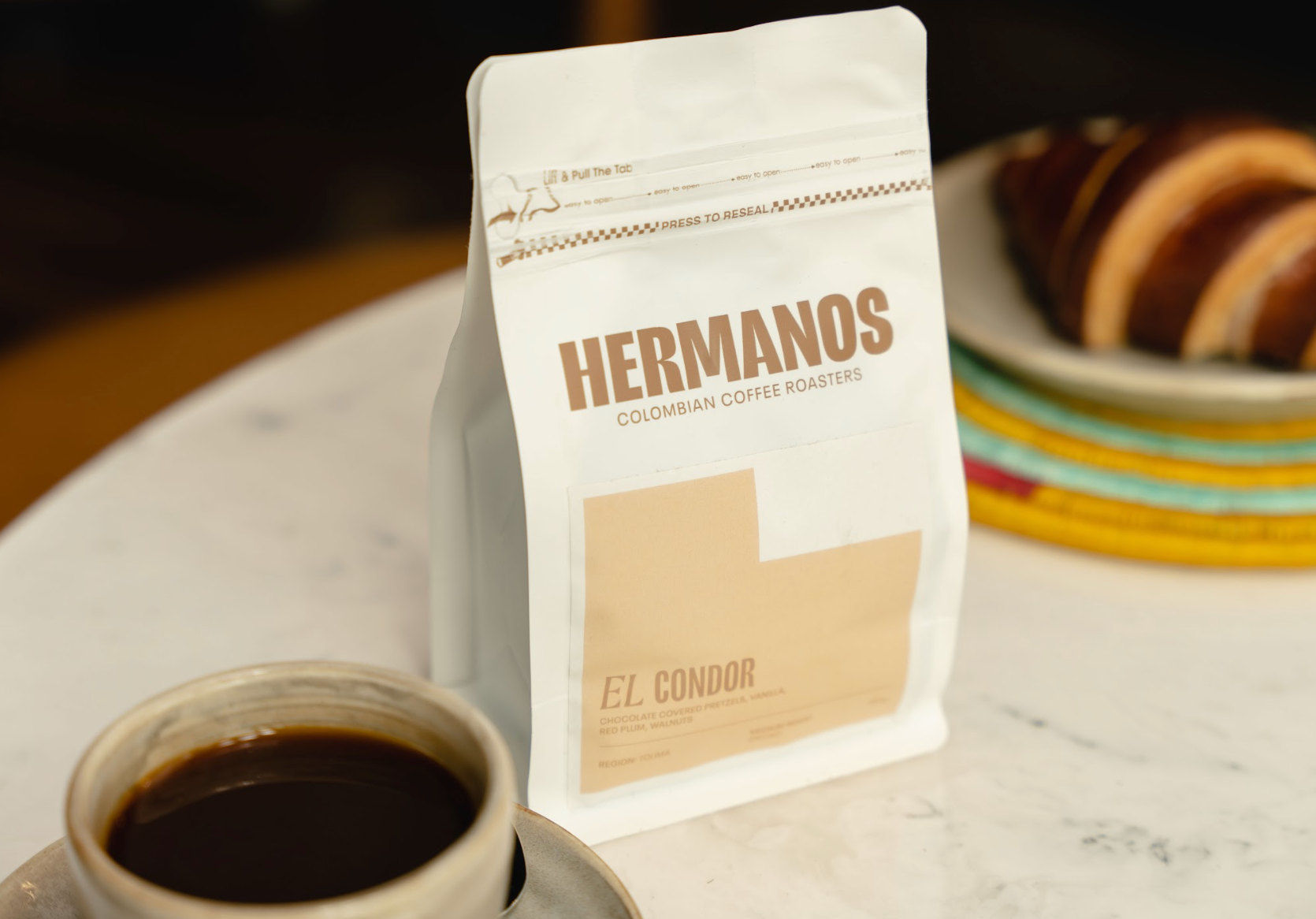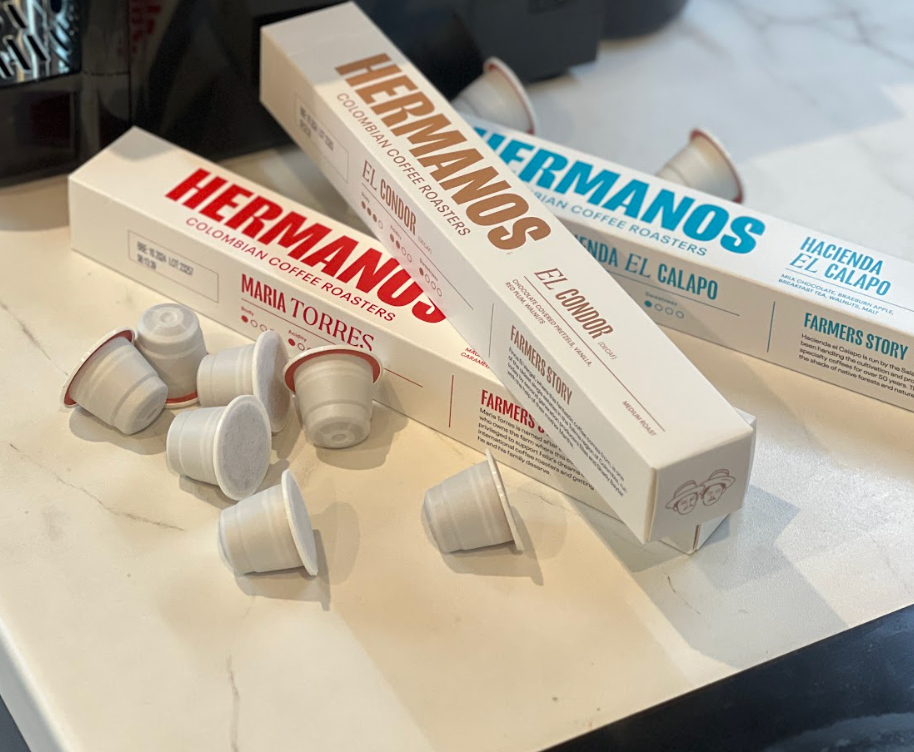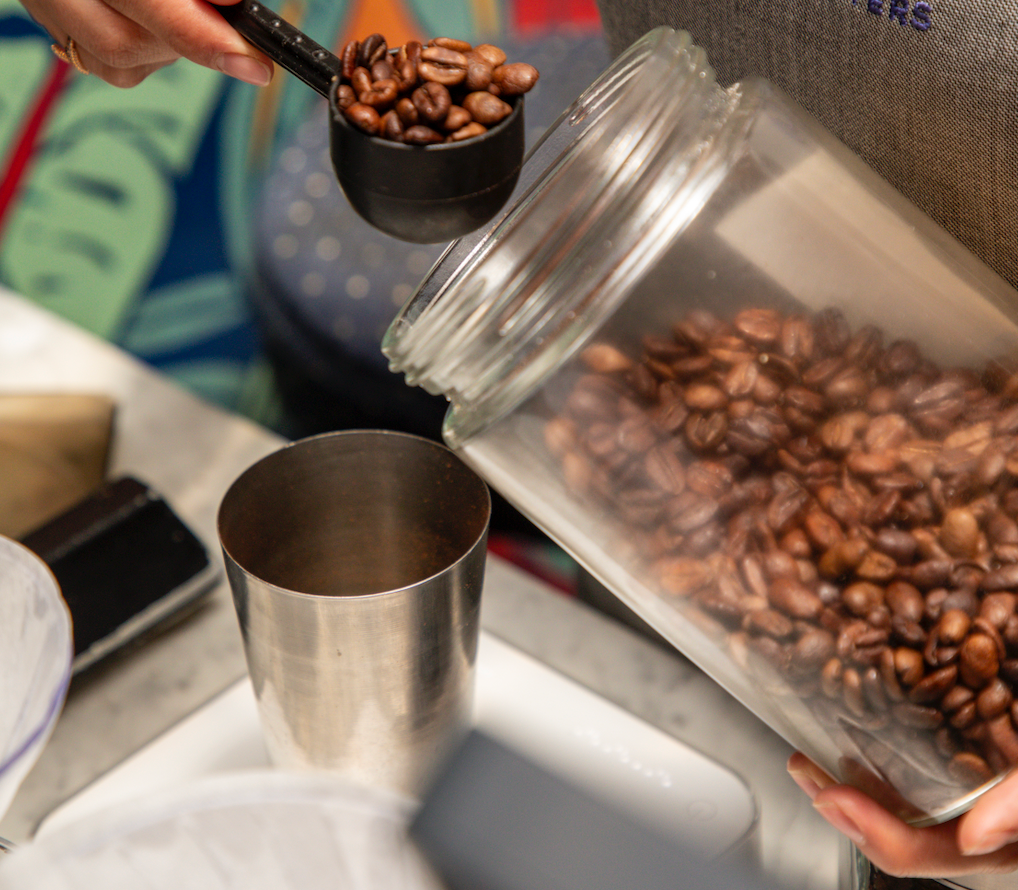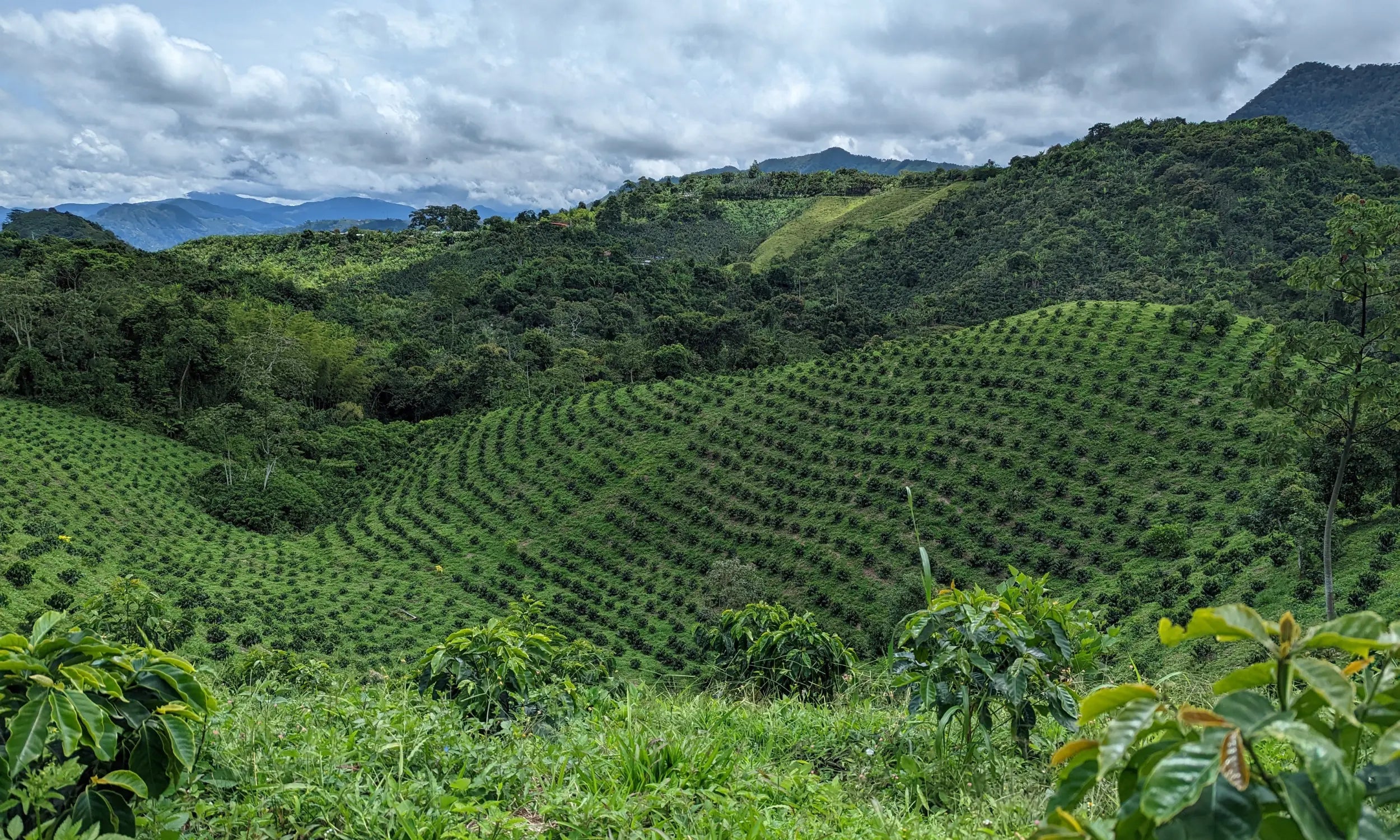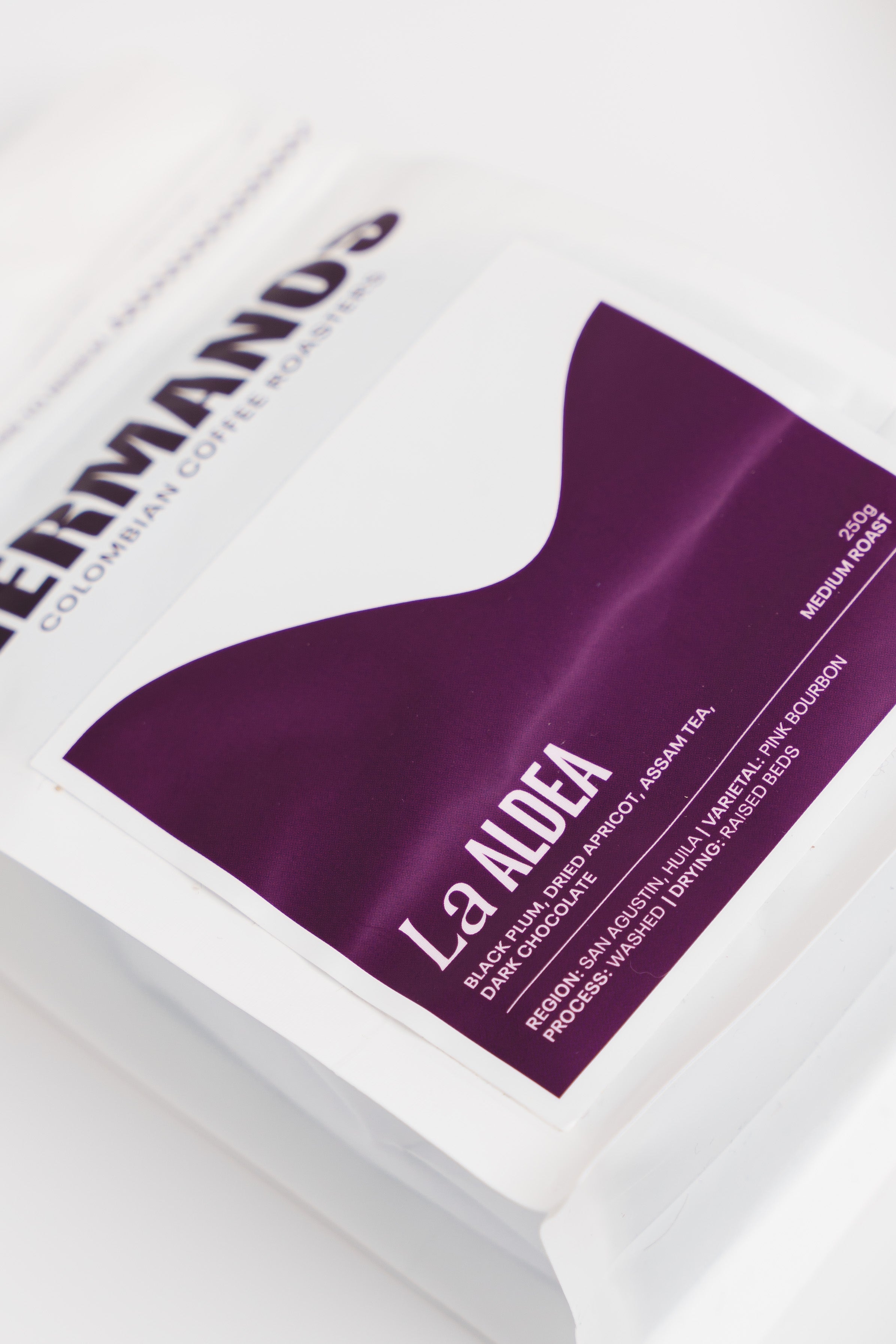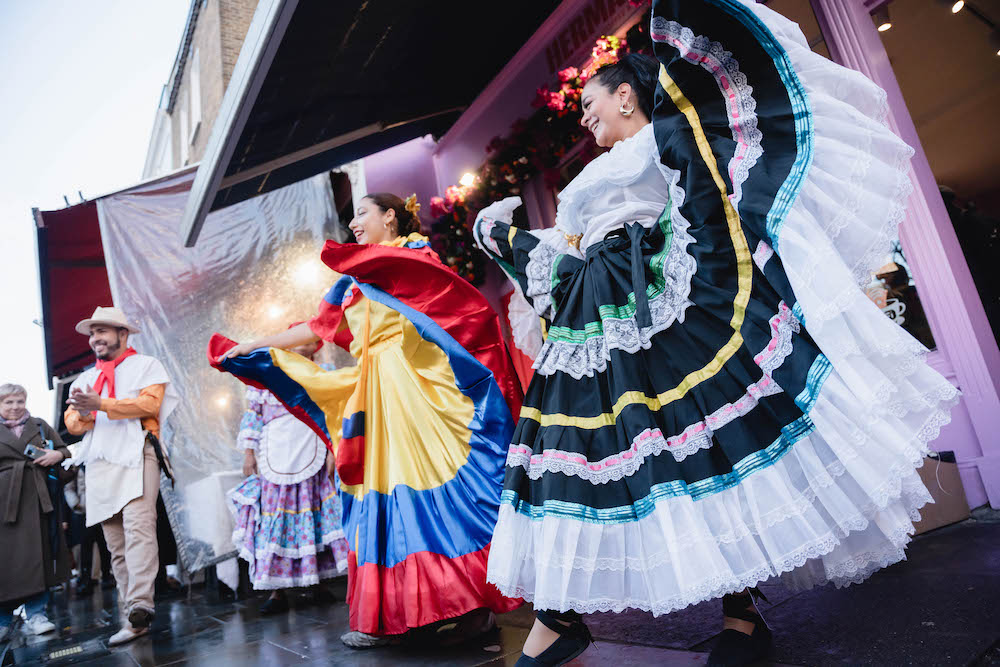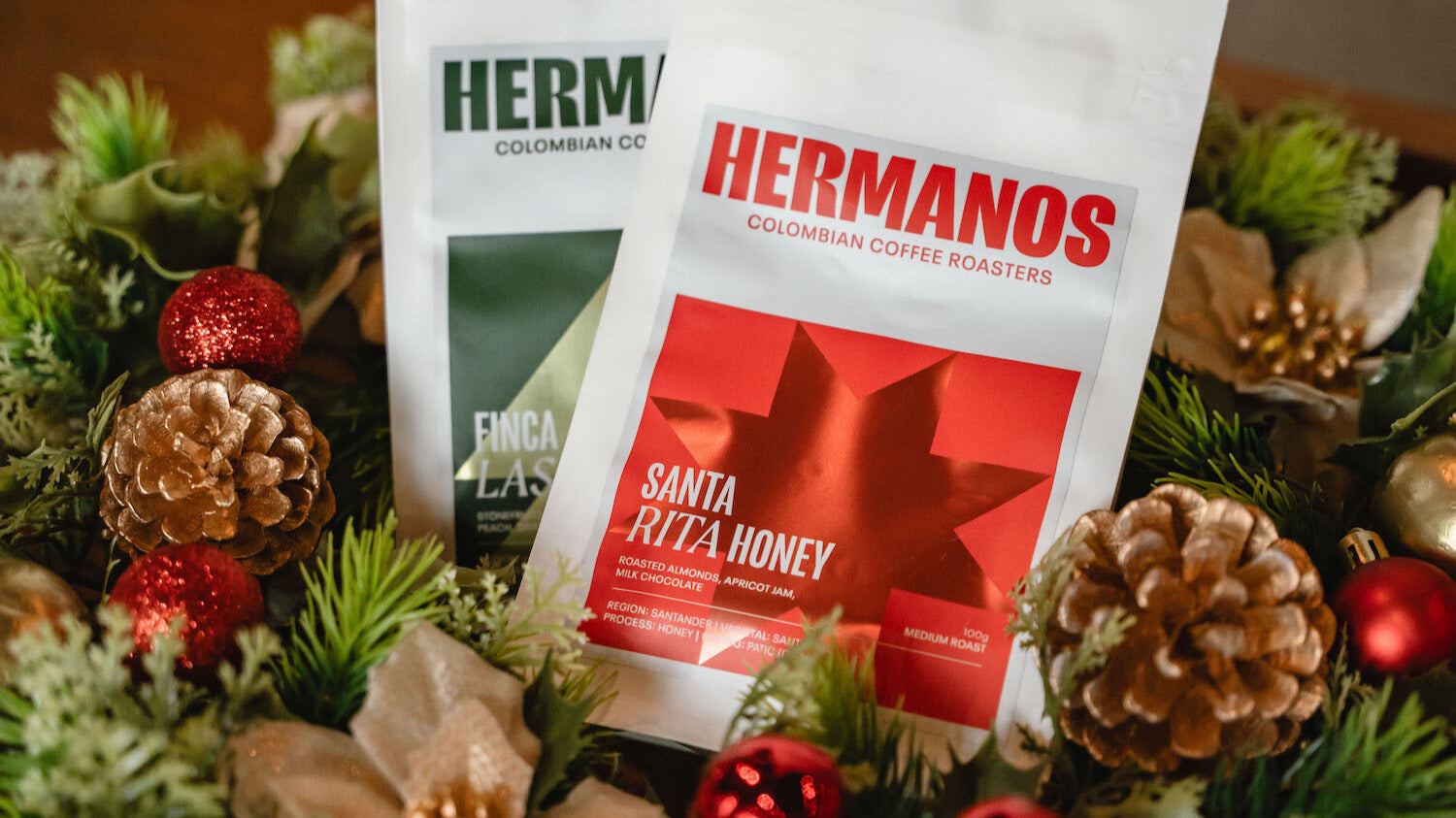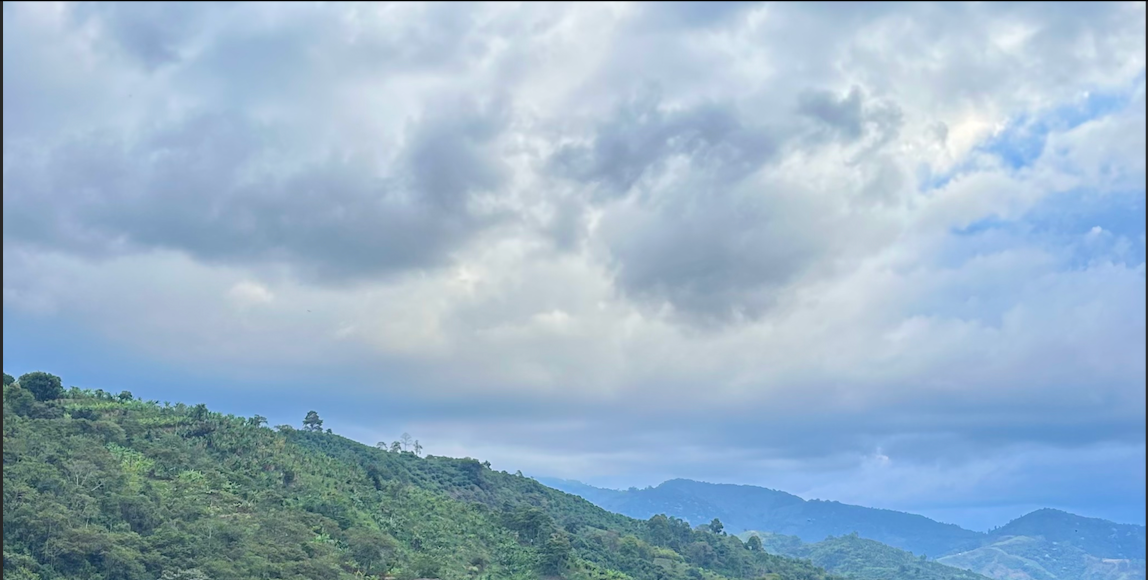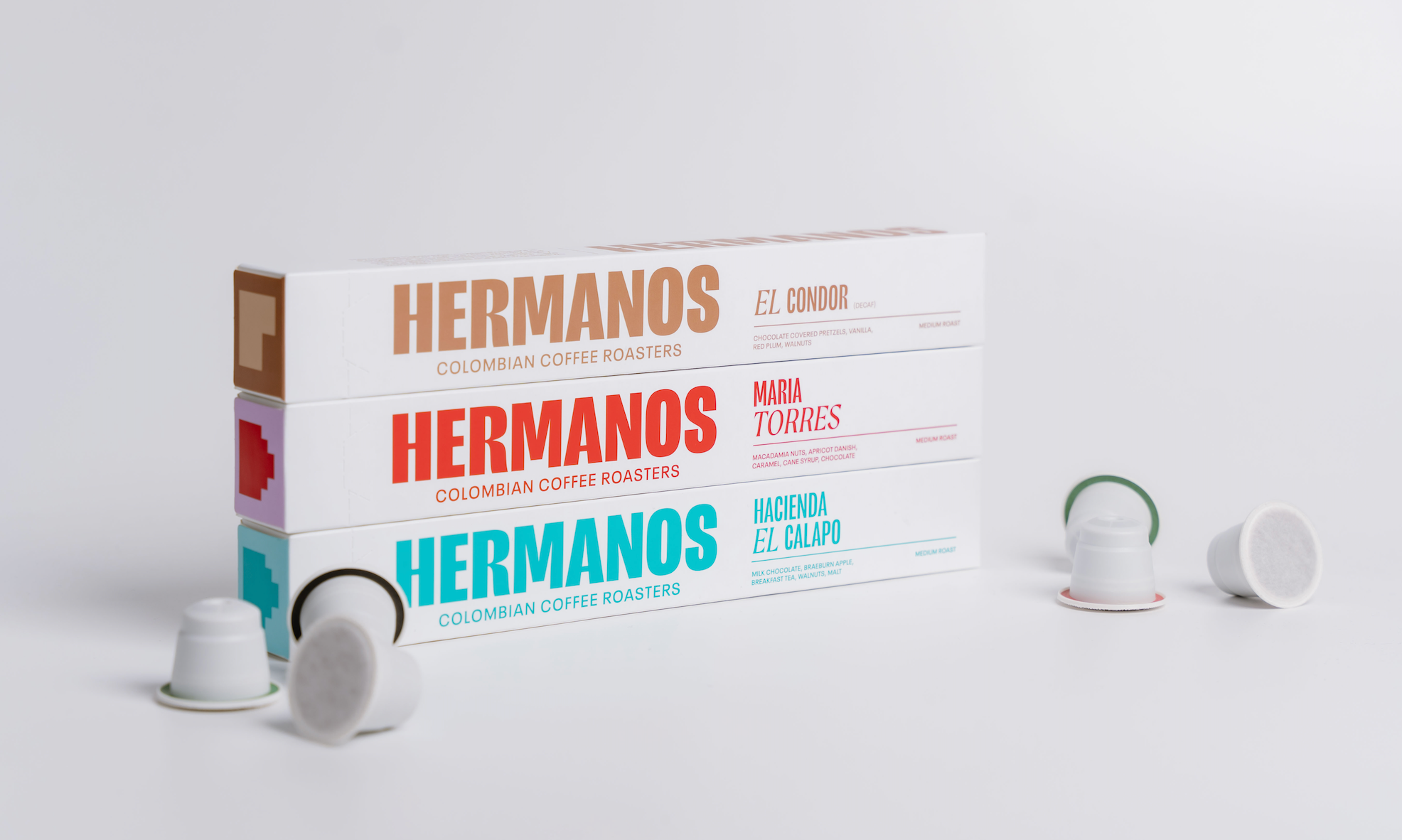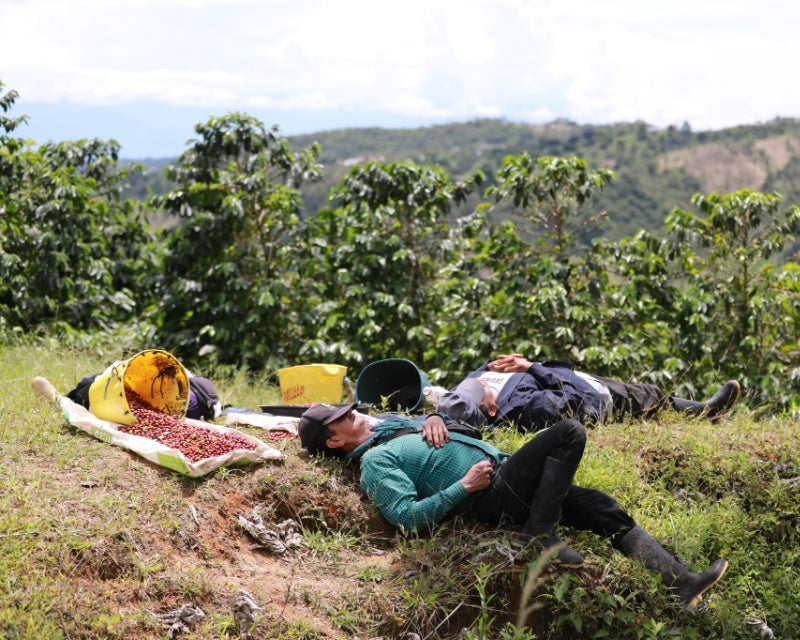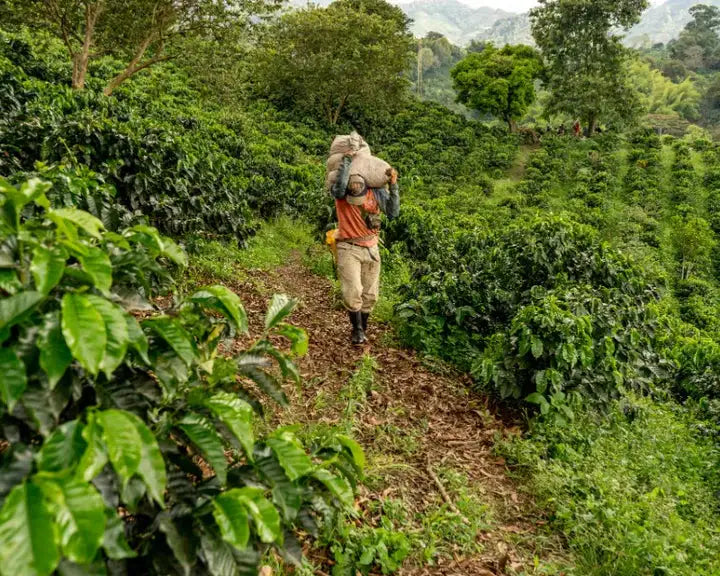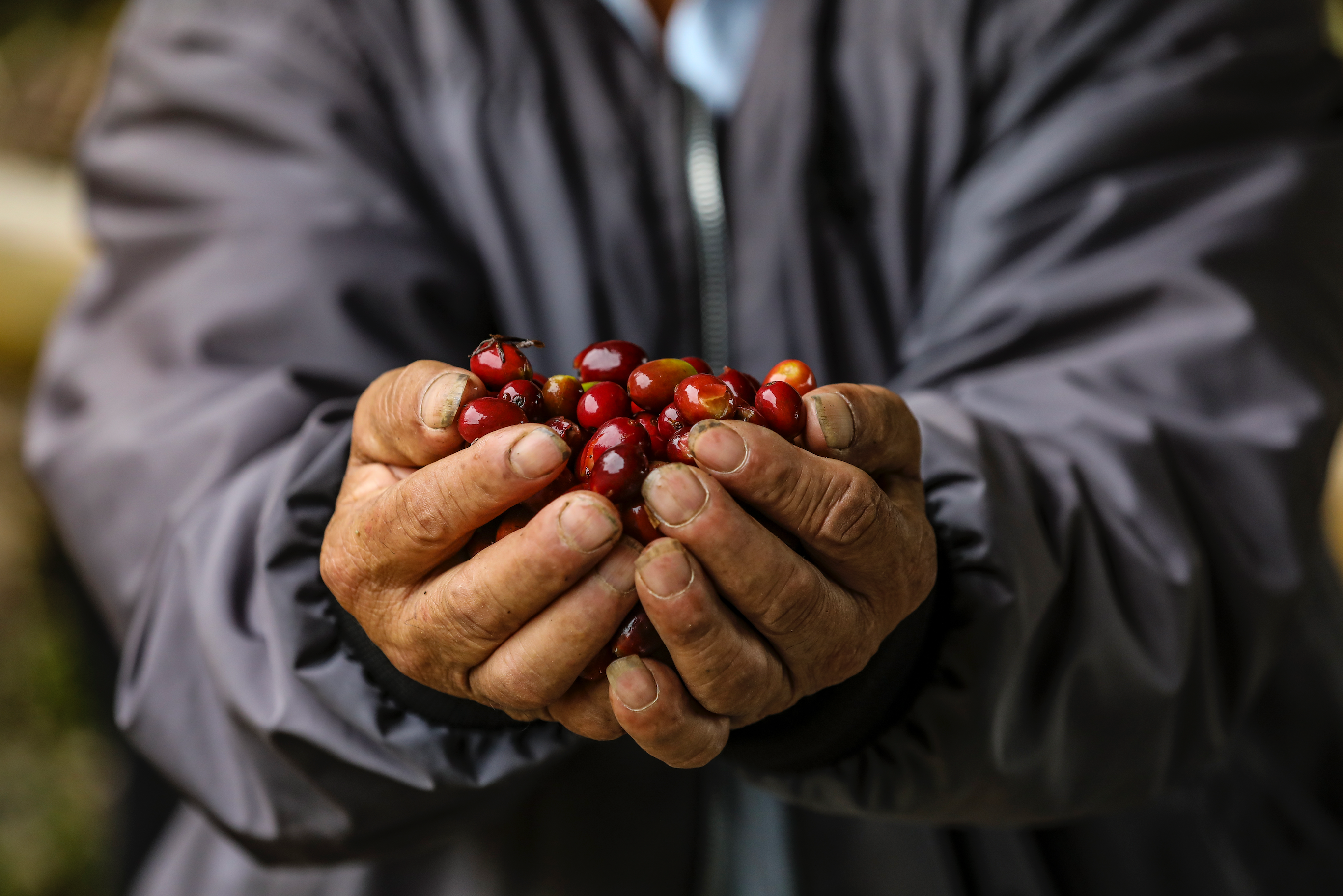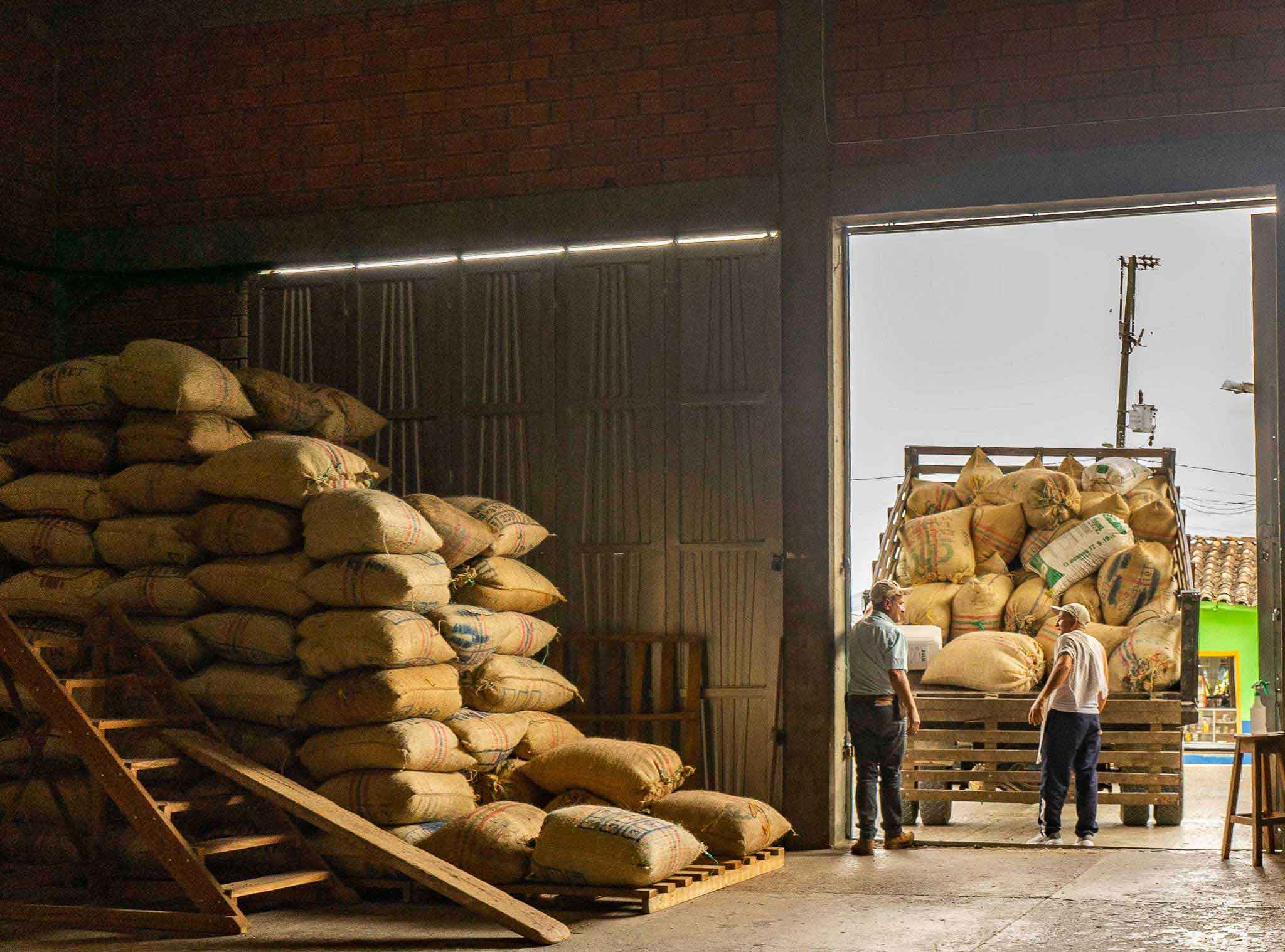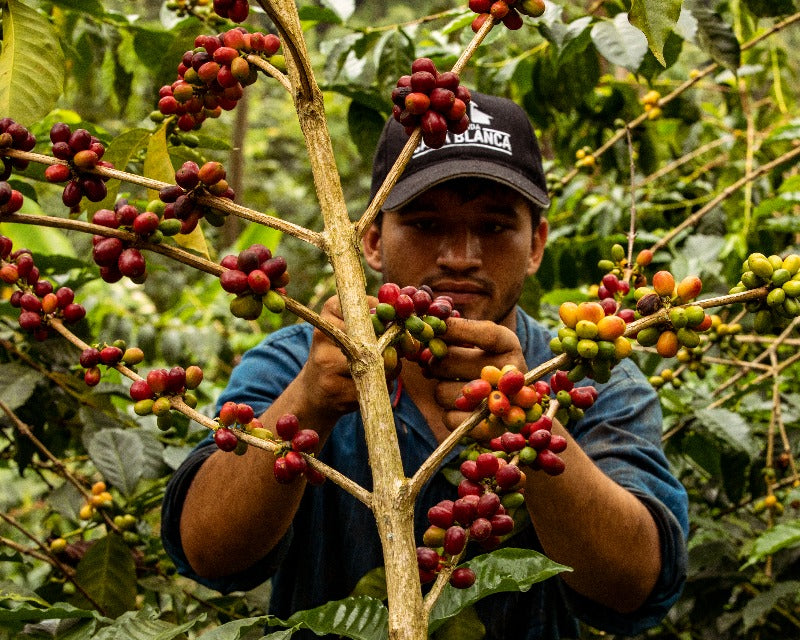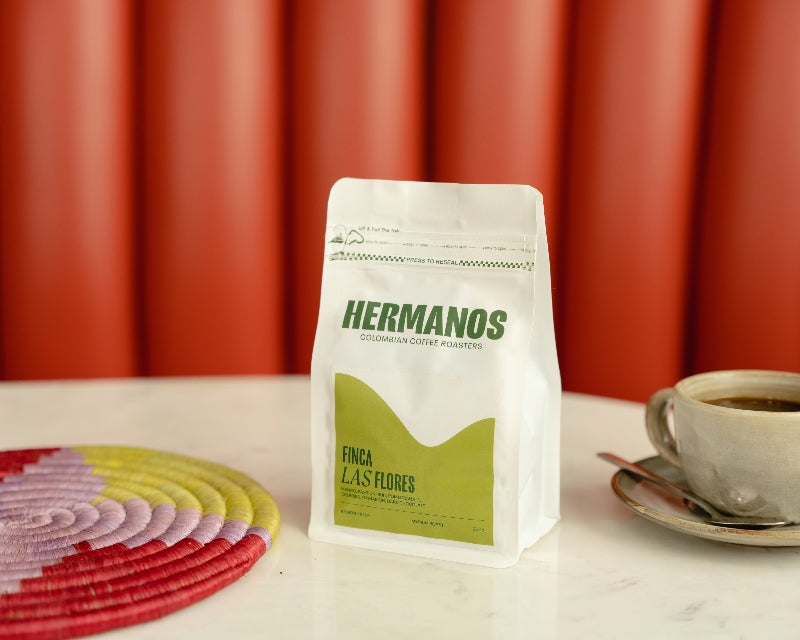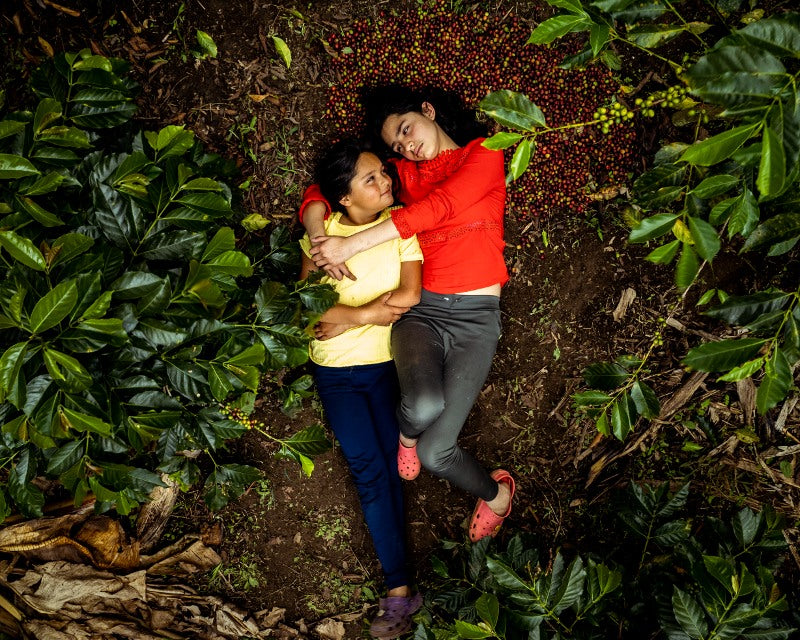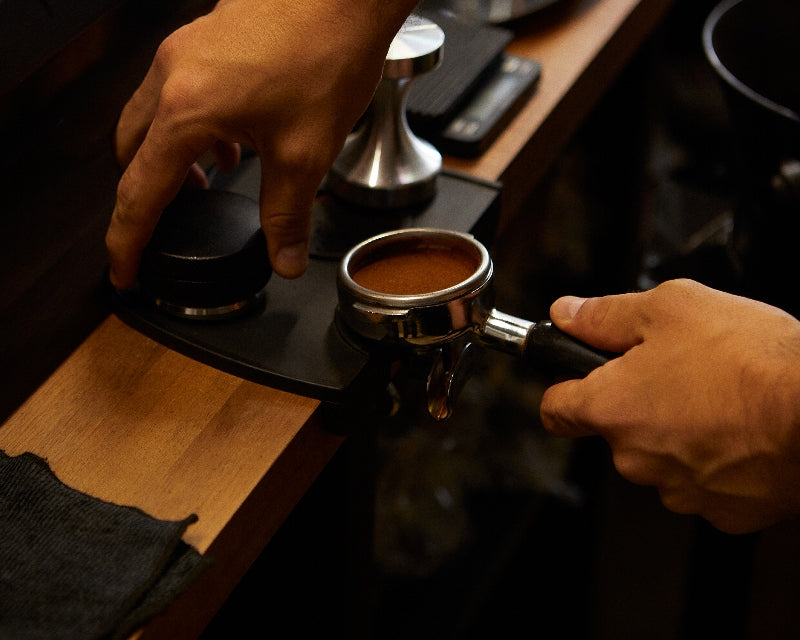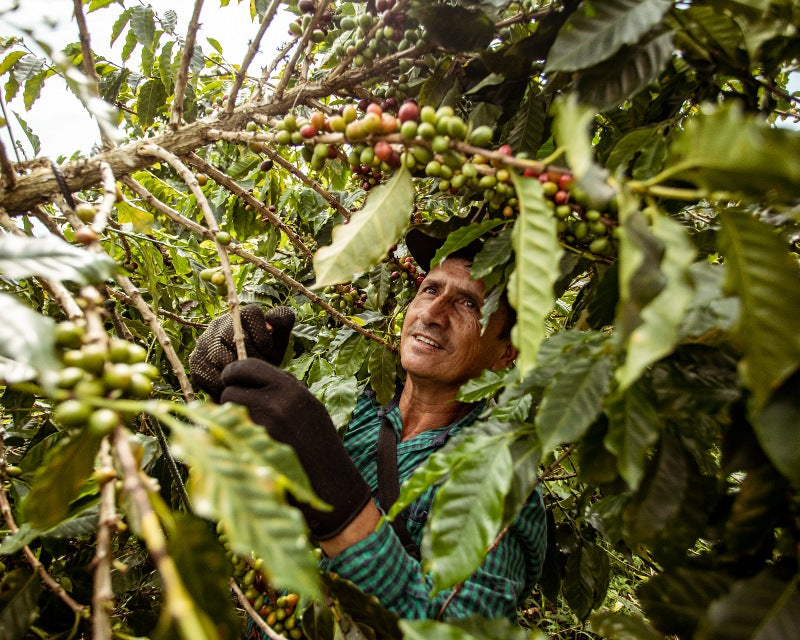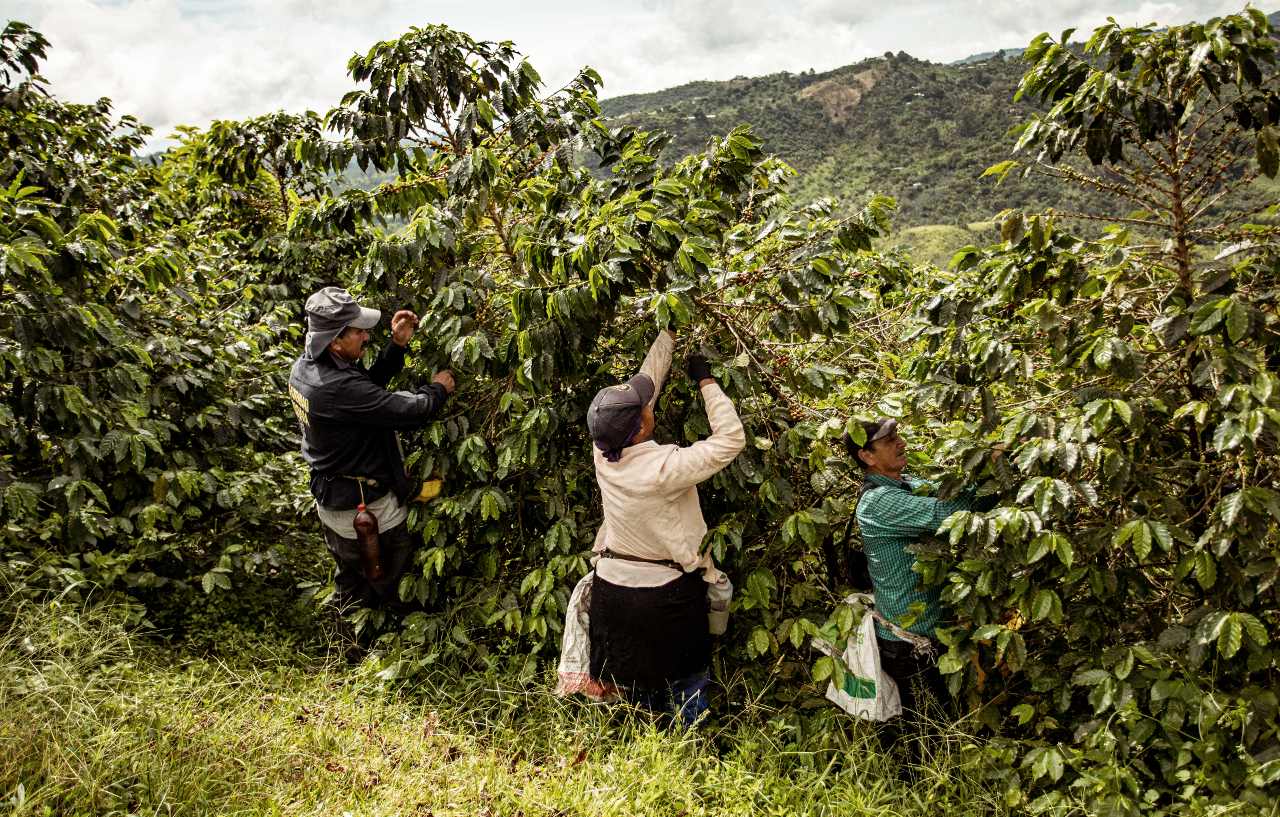Colombia is responsible for about 10% of global coffee production, of which the majority is exported to be enjoyed globally. Colombia, having the perfect climate and conditions for coffee growth along with strong government incentives, has become a hub for specialty coffee.
The 2 main species of coffee are arabic and robusta, where arabica is mainly used for specialty coffee. Within the arabica family there are different varietals, similar to different apple types (eg. Fuji, gala, granny smith), each varietal boasts distinct flavours and flourishes in different growing conditions. Let's explore the world of Colombian coffee varietals and its diverse tastes.
The origin of coffee can be traced back to Ethiopia. Although certain varieties have been cultivated in different countries, Ethiopia remains the birthplace. Coffee first arrived in Colombia in the early 1700’s along with Spanish settlers. Today, Colombia is renowned for its diverse range of coffee varietals, and offering of unique flavours and characteristics.
Typica:
- Originating in Ethiopia, Typica is one of the oldest coffee varietals. It showcases balanced flavours, medium body, bright acidity, and delightful floral and citrus notes with a subtle sweetness. Despite being more susceptible to diseases, its quality makes it worthwhile.
Bourbon:
- Bourbon, is a natural mutation of Typica, boasts a rich and complex flavour profile and was originally brought from Yemen to Bourbon Island (now La Réunion) by French missionaries. There are a number of subtypes of Bourbon like Yellow, Red, Pink, Bourbon Sidra/Cidra, Orange Bourbon, and more, of which each offer a different tasting profile. While more disease-prone, the exceptional flavour makes it highly regarded.
Try Our Bourbon beans: Hoyo Frio, San Isidro, Koji, Hacienda Casa Blanca, Finca Las Flores
Caturra:
- A natural mutation of Bourbon first discovered in Brazil, Caturra impresses with productivity and flavour. It features a medium body, bright acidity, and a sweetness.
Try our Caturra coffees: Belen, El Condor, San Oldolfo, Yellow Fruits, El Fresno
Castillo:
- Developed in Colombia recently to combat coffee leaf rust, Castillo offers disease resistance, as well as space efficiency due to smaller size, and a wide flavour spectrum. From sweet and fruity to nutty and chocolatey, it delivers a delightful cup with moderate acidity.
Try our Castillo coffee: Maria Torres
Variedad Colombia:
- Also known as Colombia Supremo, Variedad Colombia was developed to increase coffee production and provide good disease resistance by the Colombian government in the 1980’s. It is a hybrid of Cattura and Timor (varietal from Timor island) offering medium acidity, a medium body, and a pleasant taste.
Try our Variedad Colombia coffee: Santa Barbara
Tabi:
- Tabi, which was released in 2002, a hybrid of Bourbon, Typica, and Timor, was created to combat leaf rust. With positive qualities from its parents, it exhibits disease resistance and a unique flavour profile. The name Tabi means "good" in the Guambiano dialect, which is a group of people native to Colombia.
Try our Tabi coffee: Hacienda El Calapo
Gesha:
- Though not native to Colombia, Gesha has gained popularity for its exceptional quality. With its light body, floral aromas, vibrant acidity, and delicate sweetness, it delivers an extraordinary experience. Despite producing a low yield, farmers still grow it as the high quality and exceptional taste has made it a favourite among coffee experts and avid coffee drinkers.
Try our Gesha coffee: Pijao Gesha
Java:
- Java varietal, which is originally from the Indonesian island of Java, has only recently been introduced to Colombia and is still quite rare to find. It stands out with its rich aroma, bold flavour, medium body, and earthy aftertaste reminiscent of dark chocolate and spice.
Try our Java coffee: El Eden
Varietals can also be mixed to produce a final product, like Finca Veracruz, which combines the Colombia and Caturra varietals. Combing varietals to make a final product allows producers to balance the flavours and create unique tasting profiles for their coffees.
The world of Colombian coffee continues to evolve with innovation new varietals that are each unique and have their own unique characteristics.
While coffee varietals significantly impact taste, other factors such as soil, climate, altitude, and processing methods also play a crucial role. The expertise of coffee farmers and roasters is essential in showcasing the unique characteristics and nuances of each varietal. Appreciating and understanding these aspects adds depth to the enjoyment of coffee.















